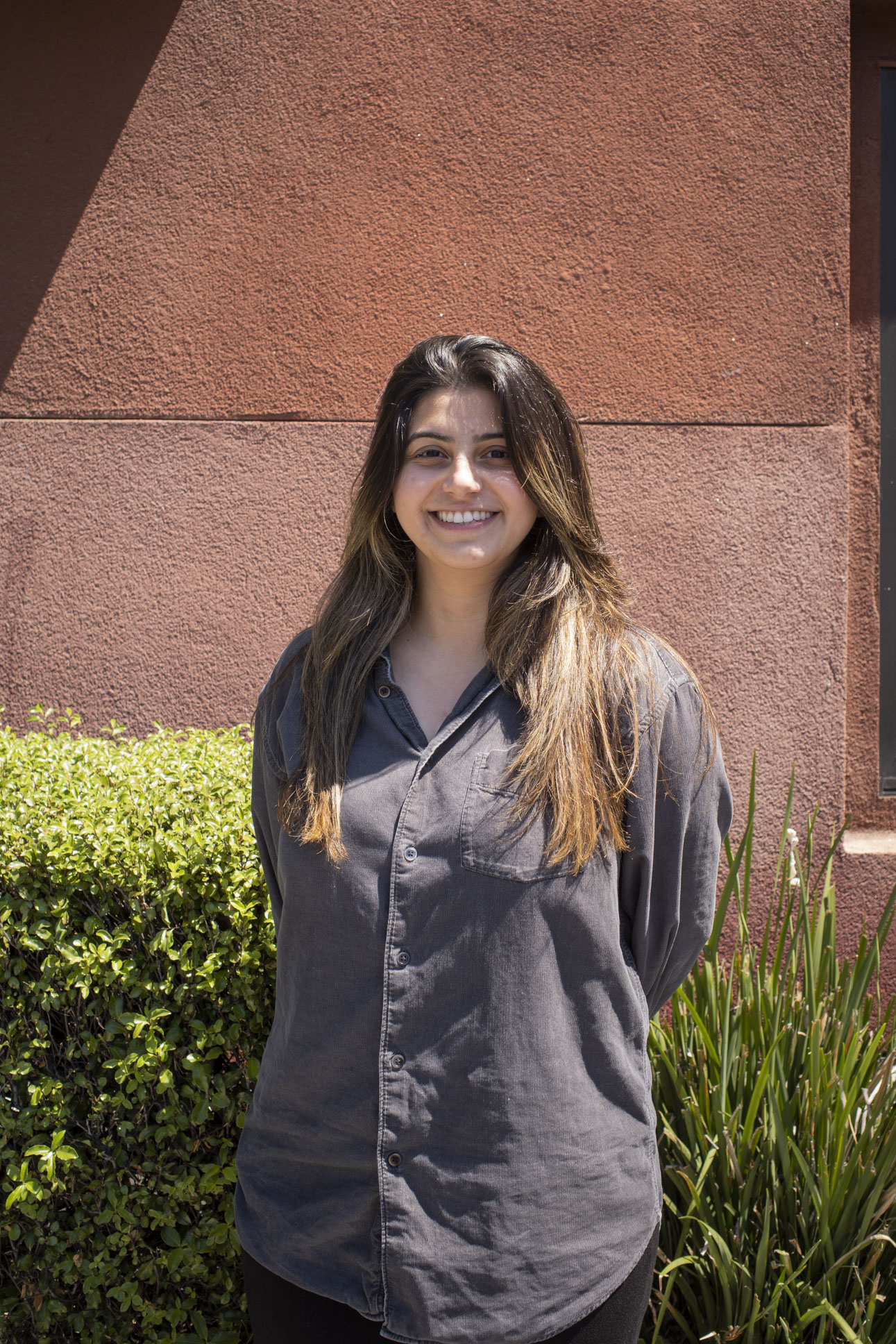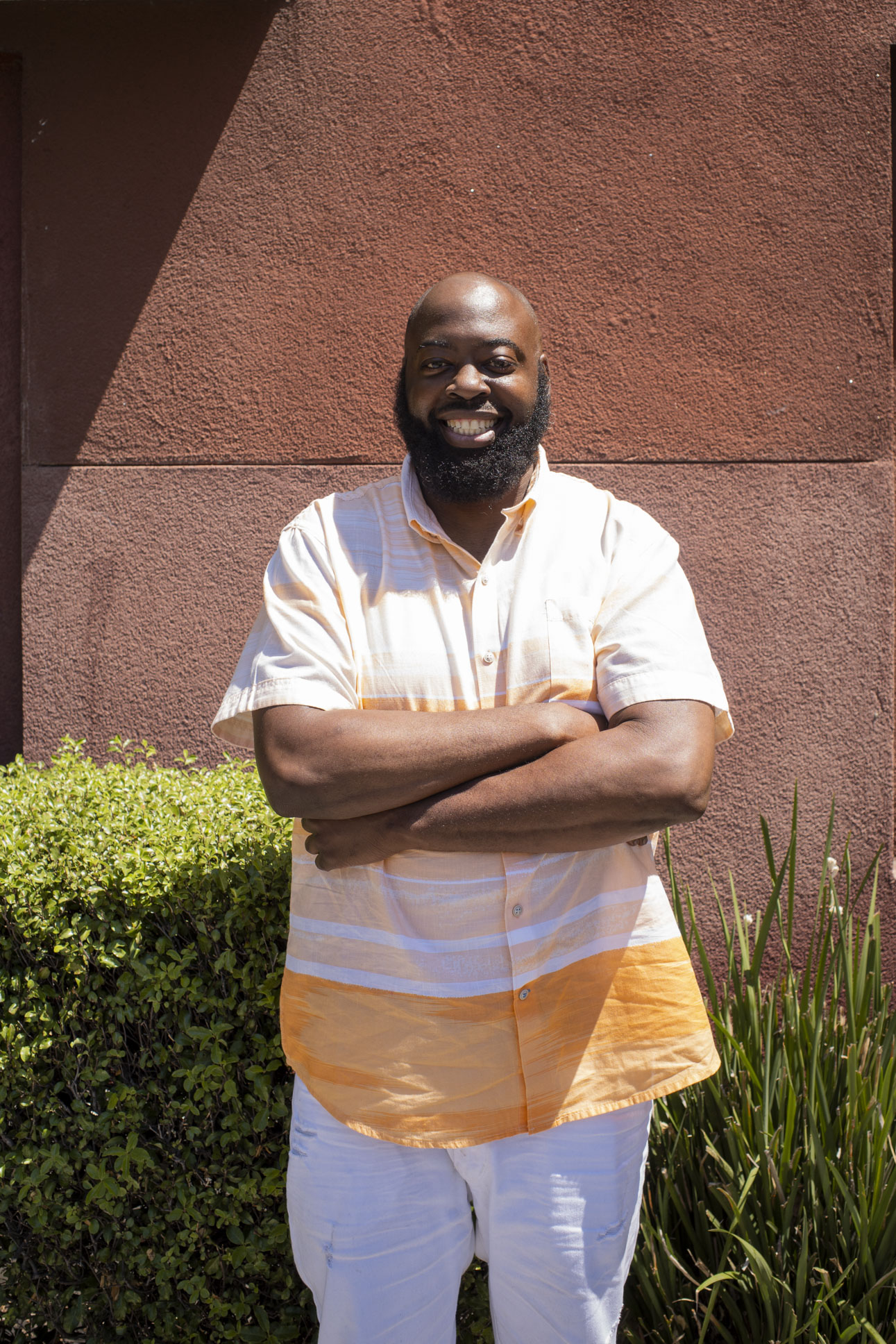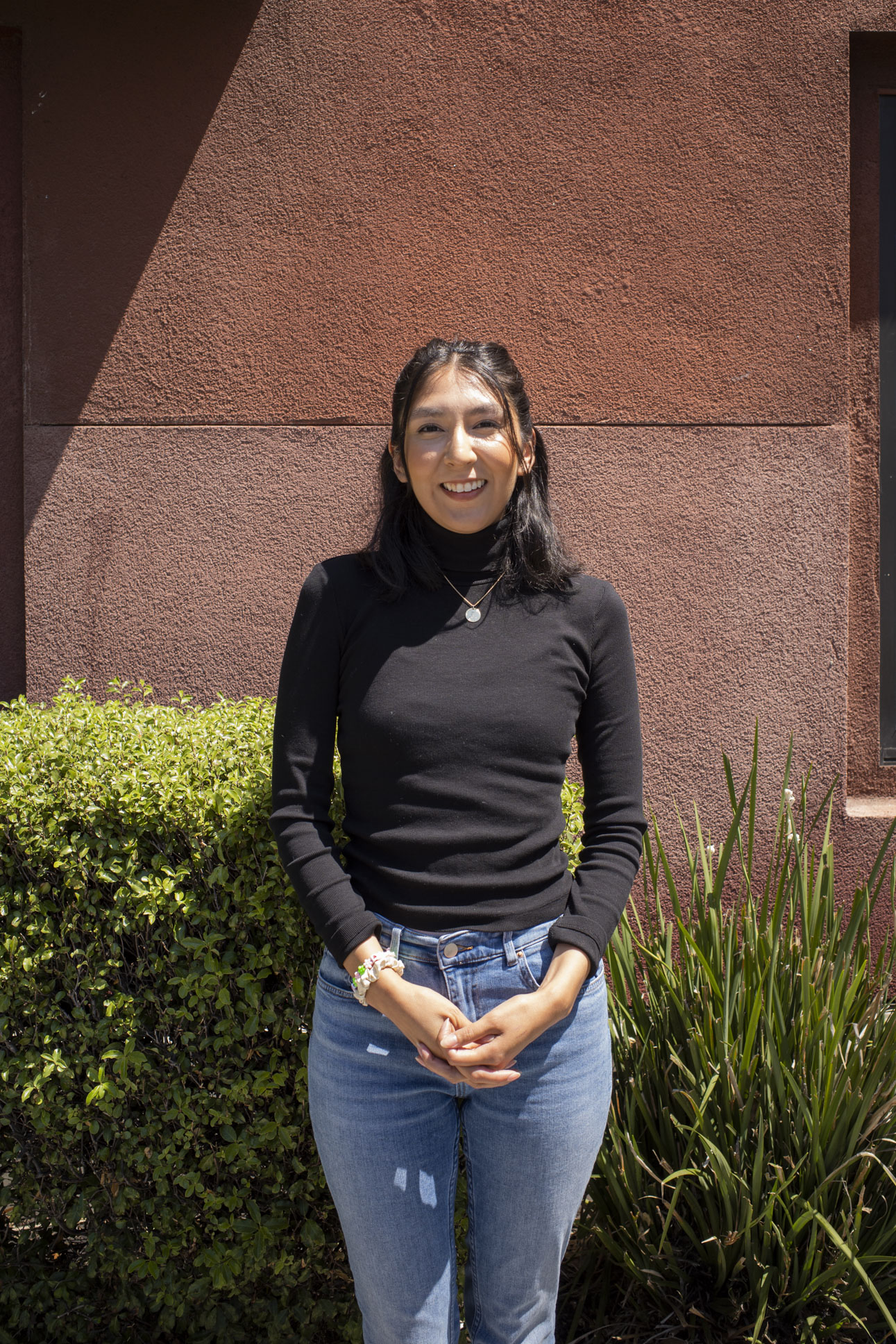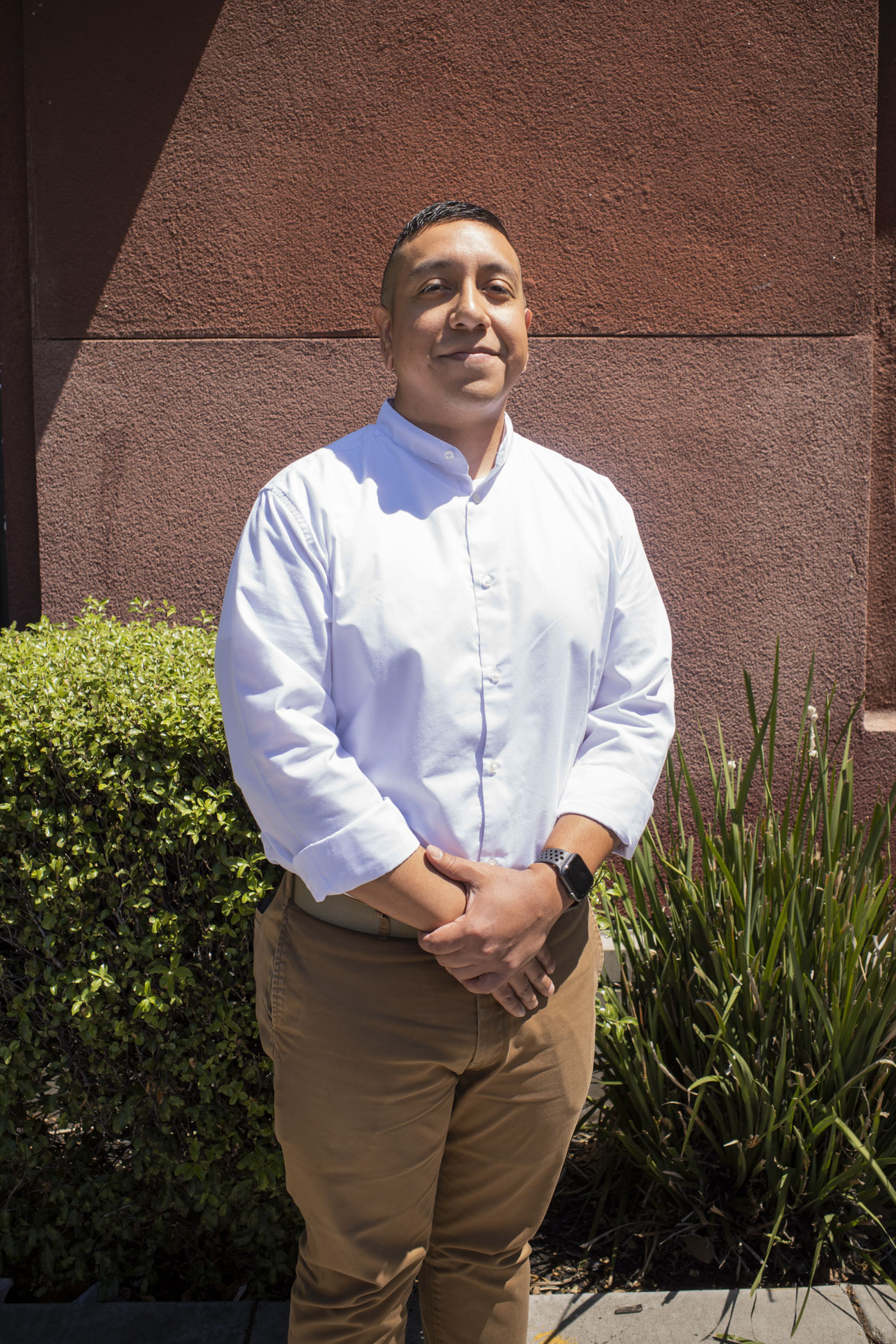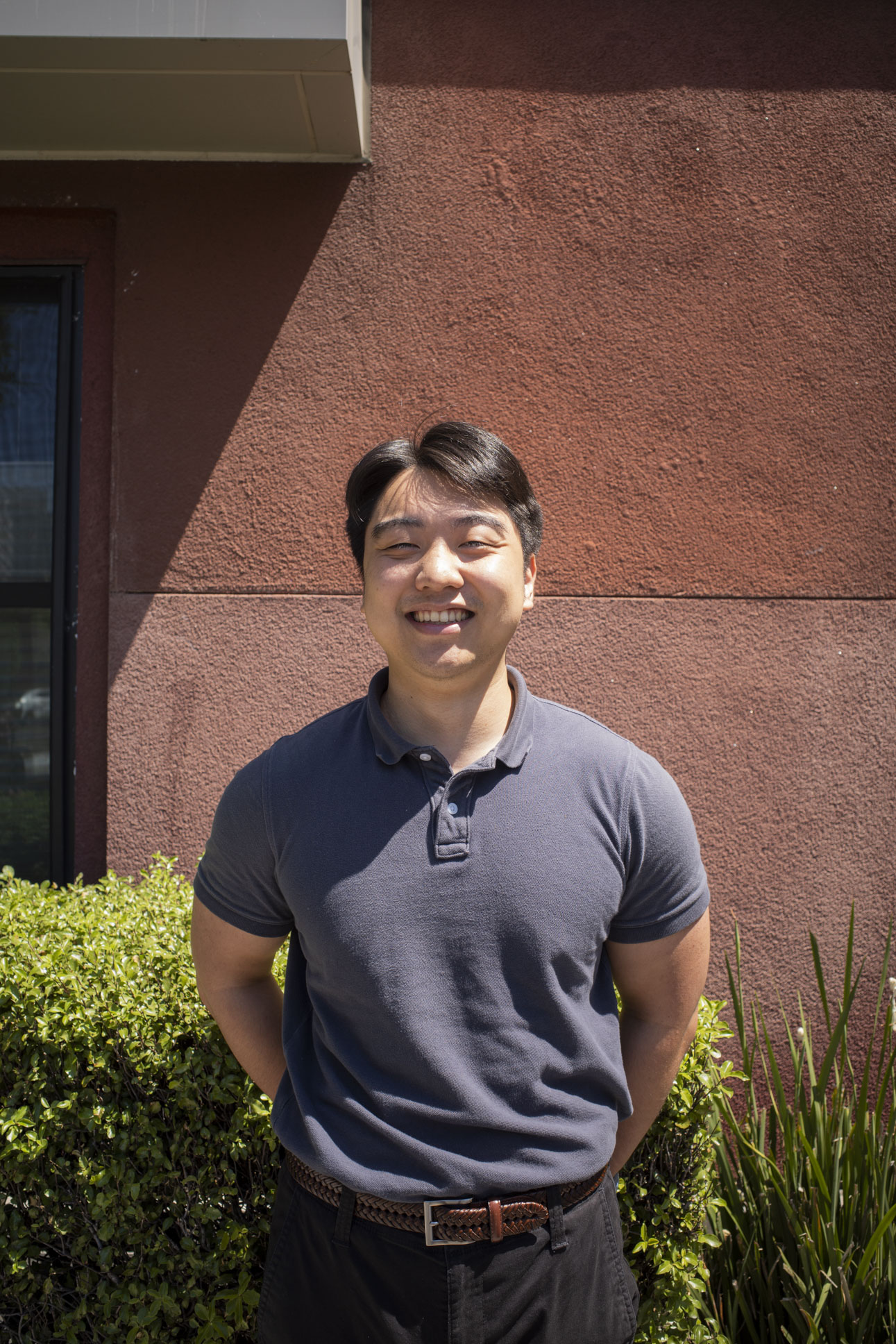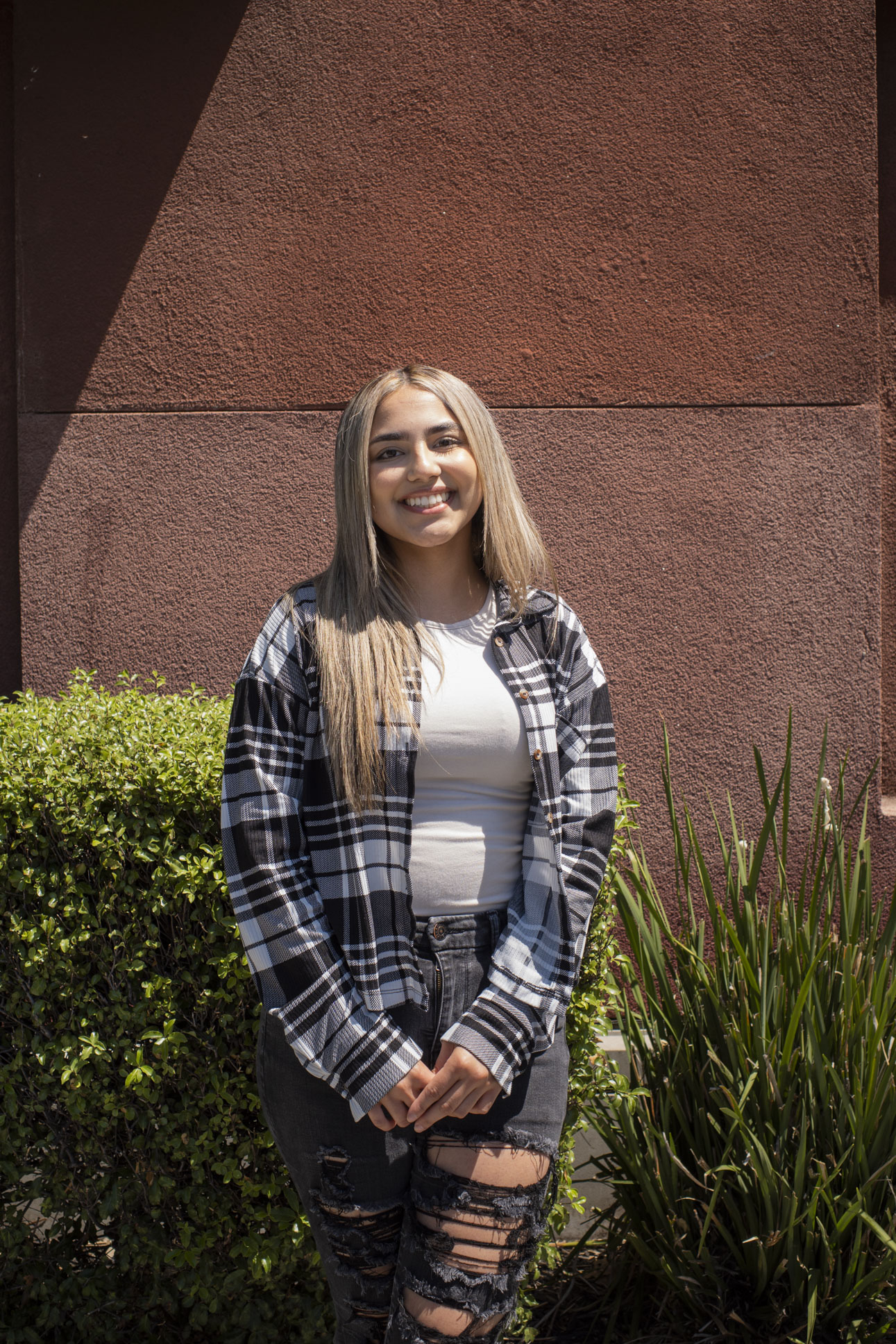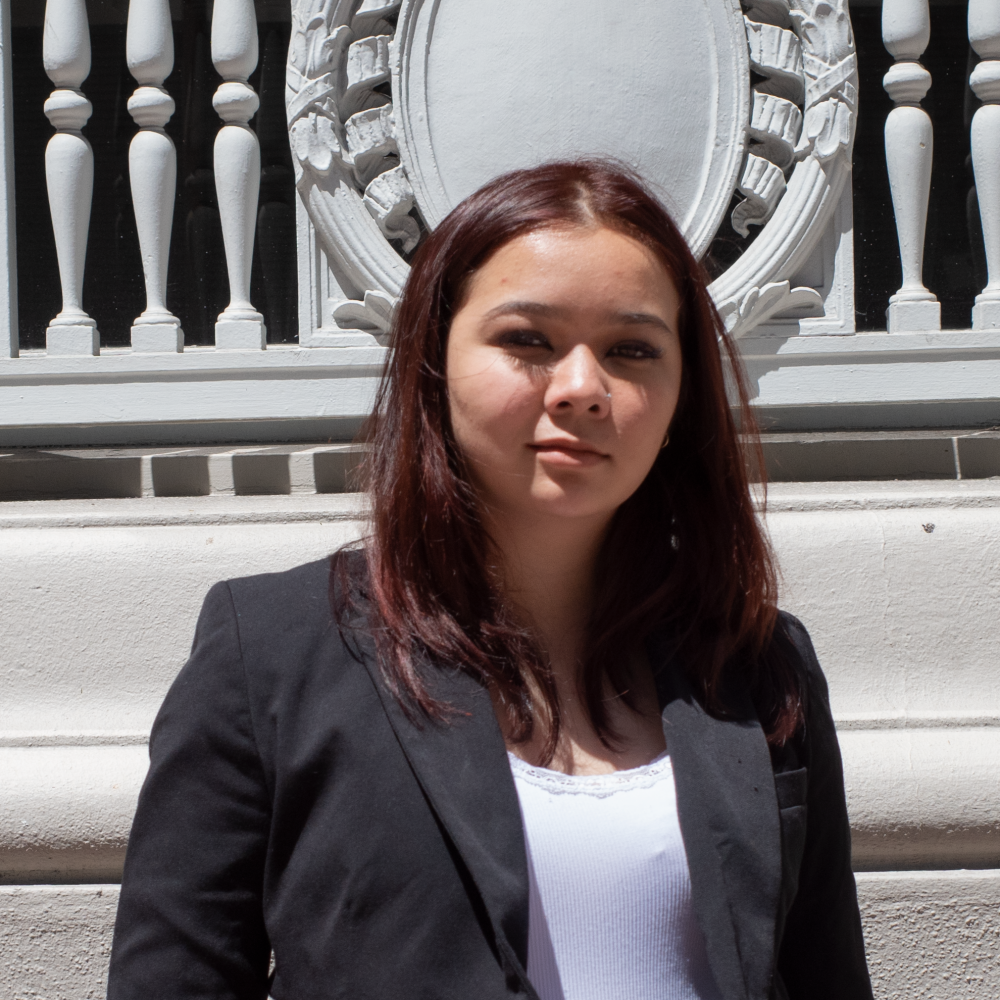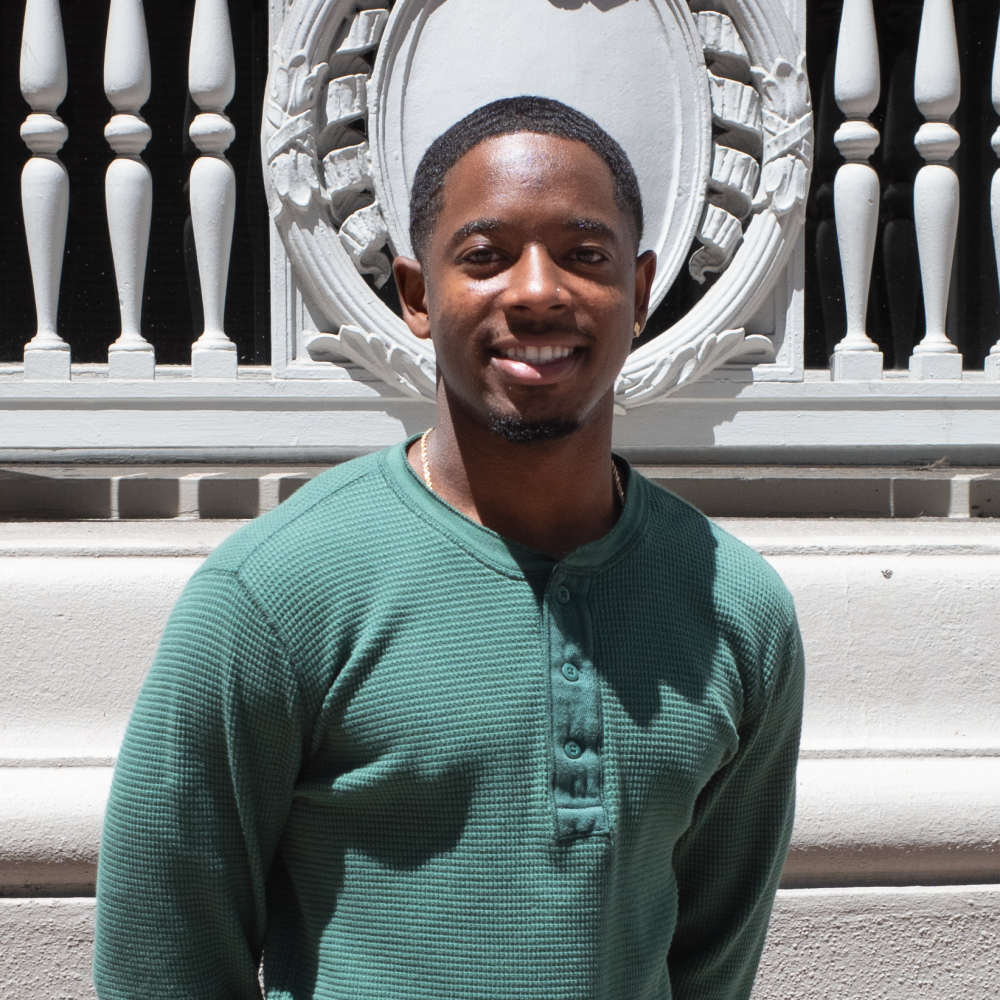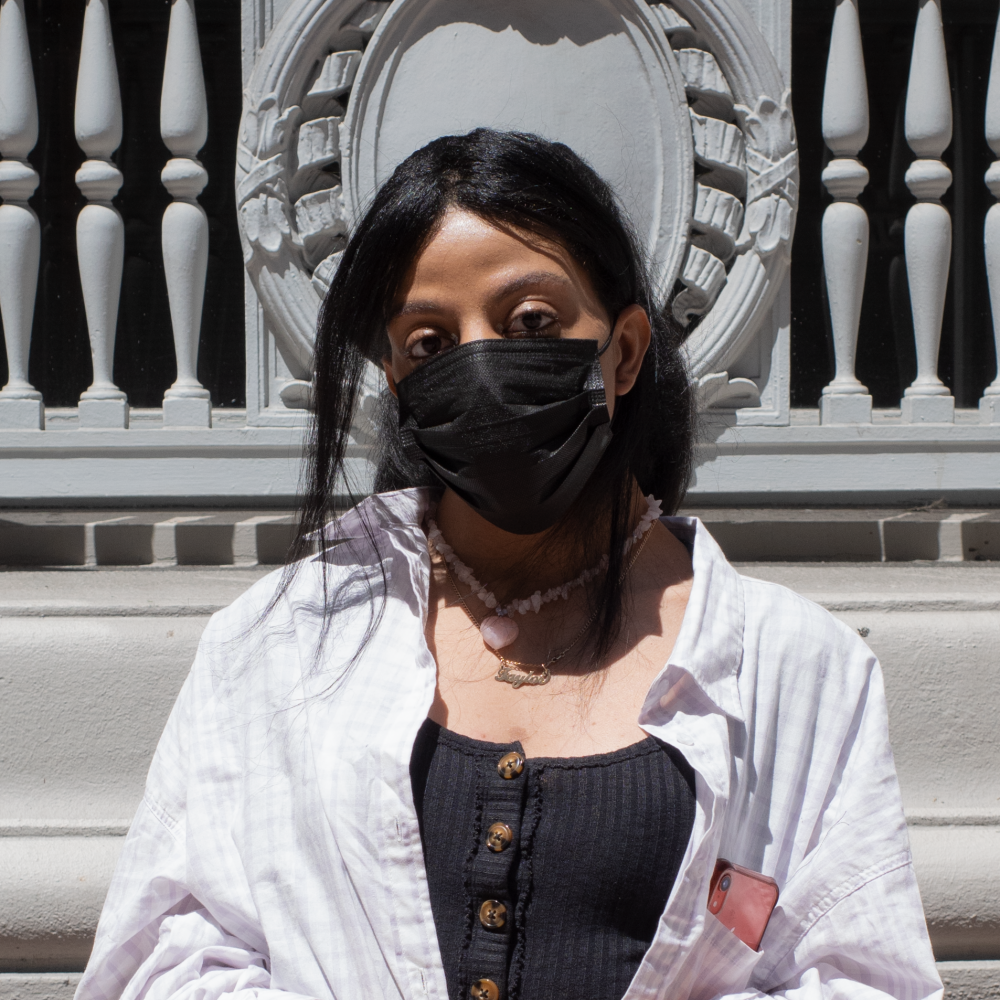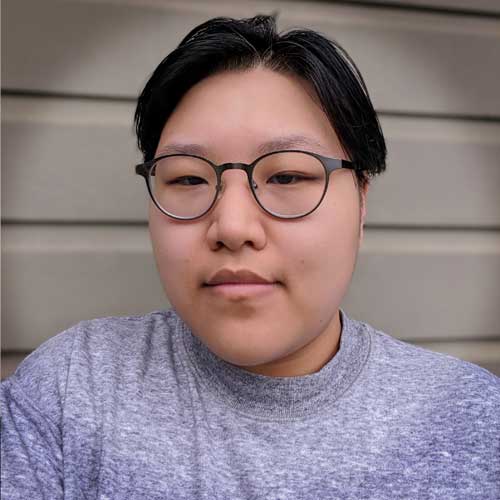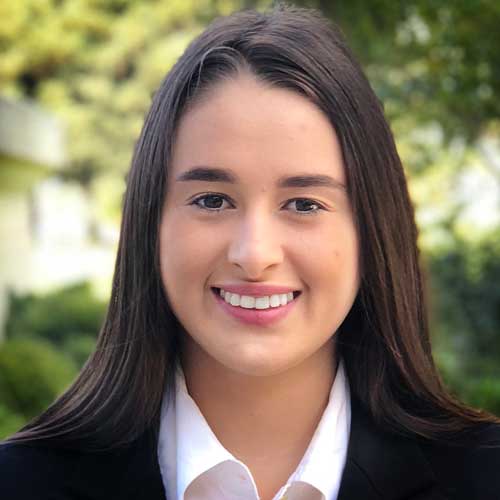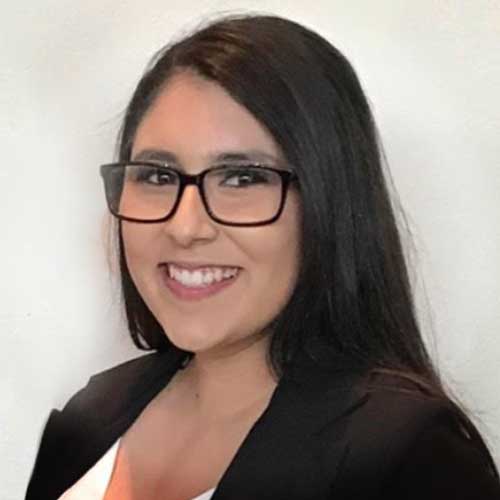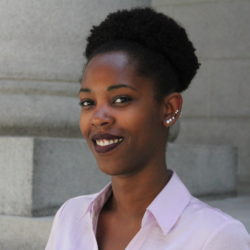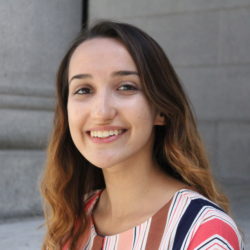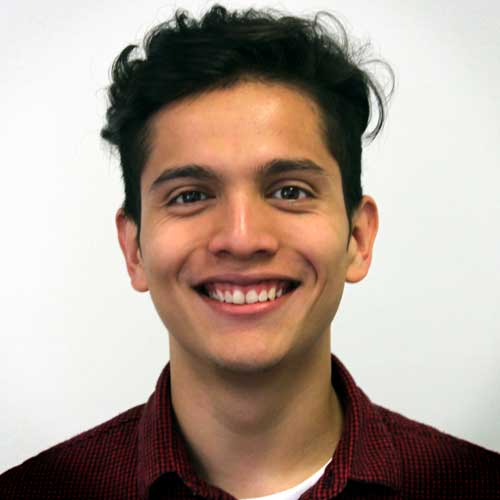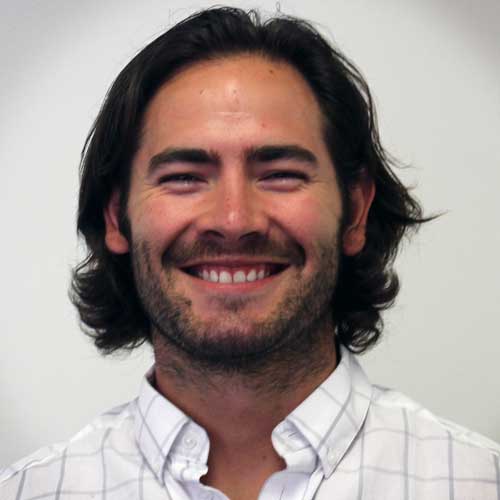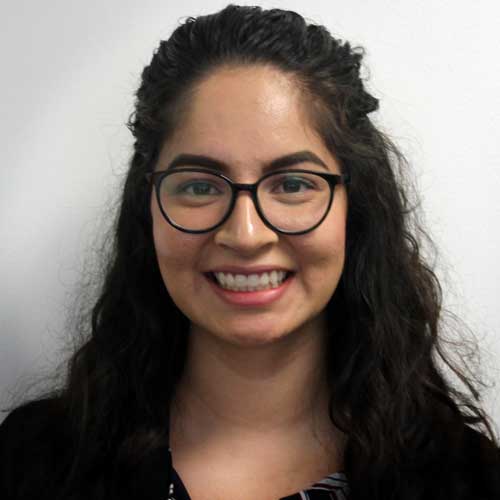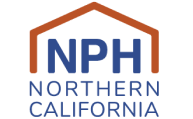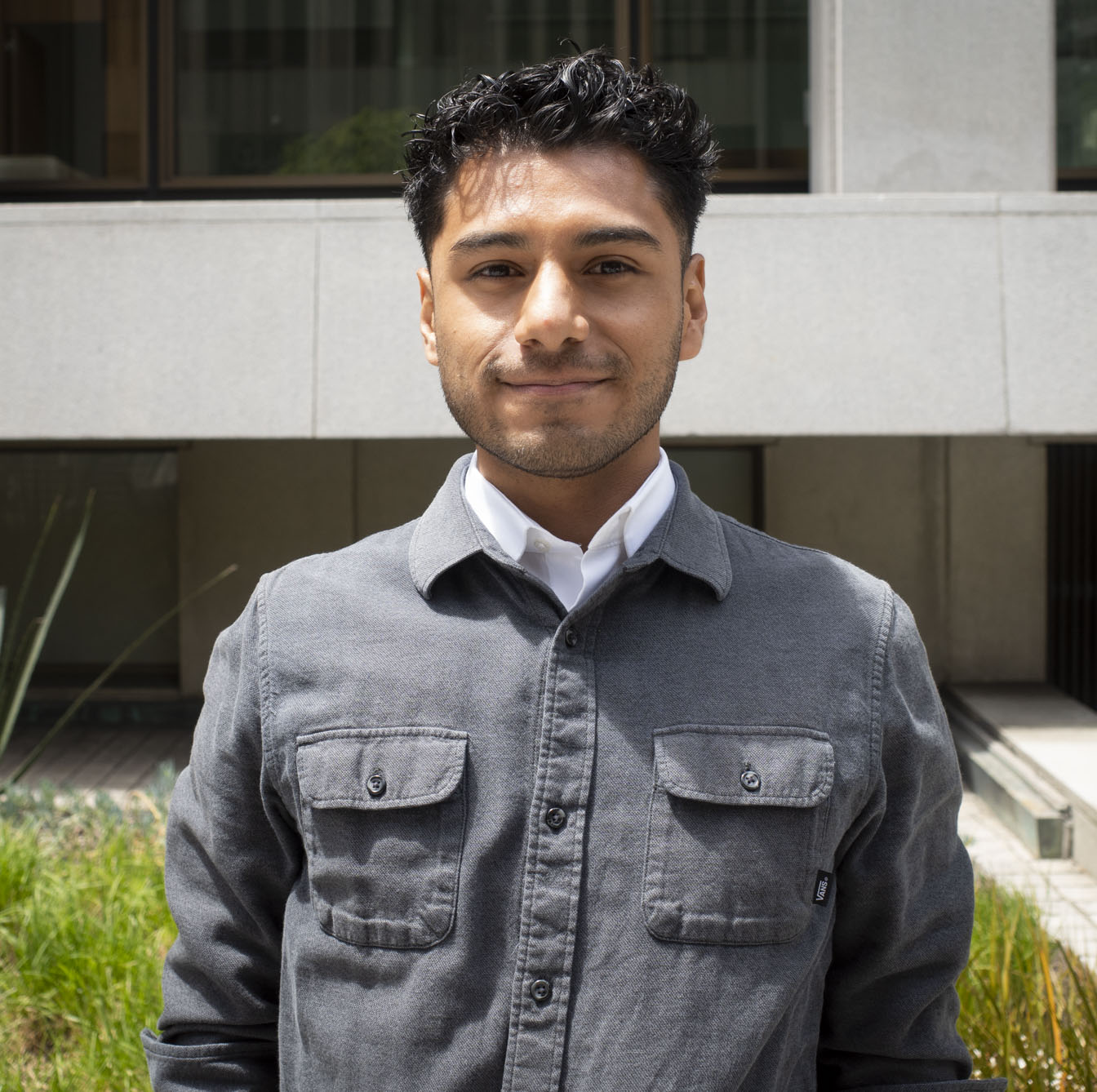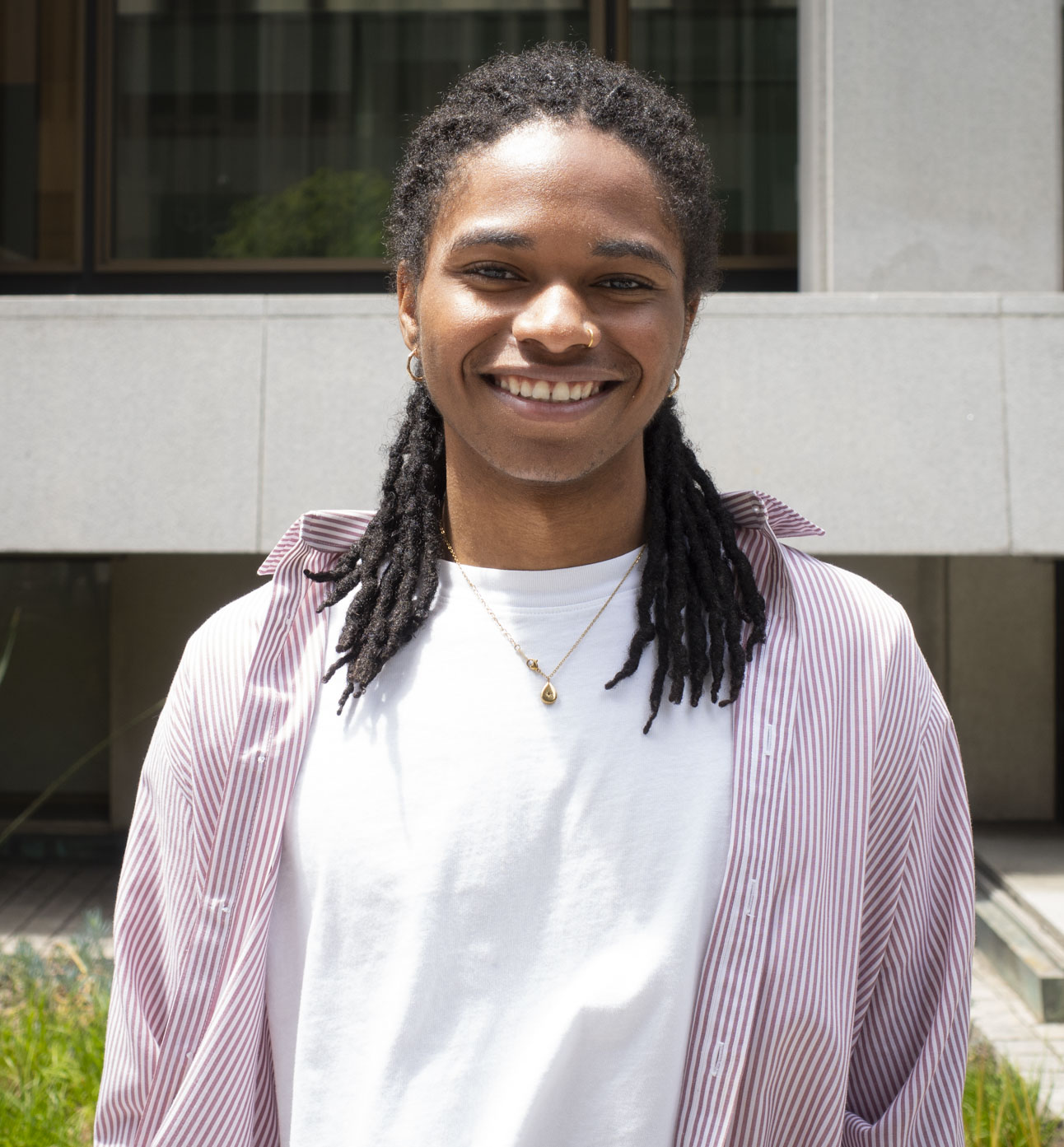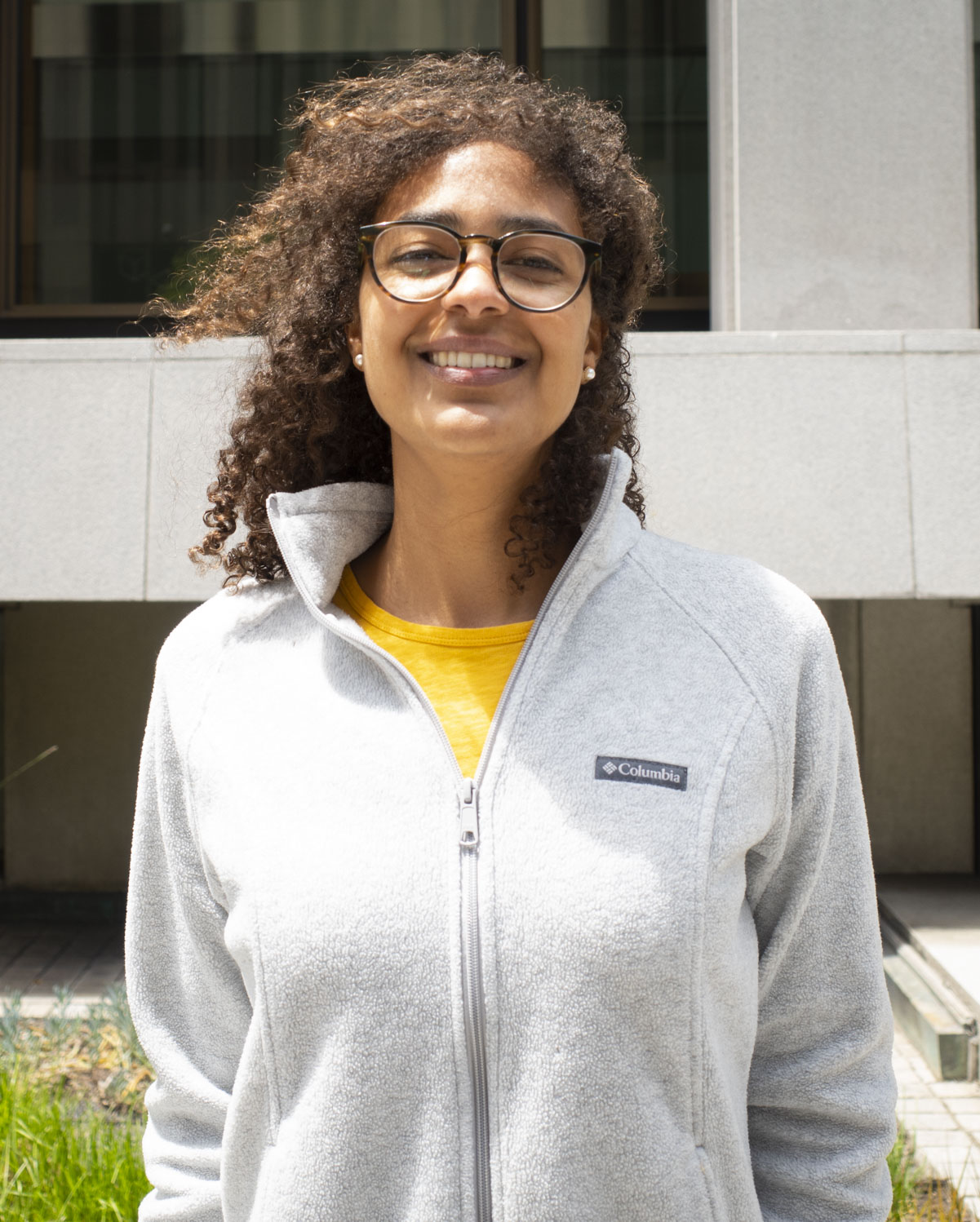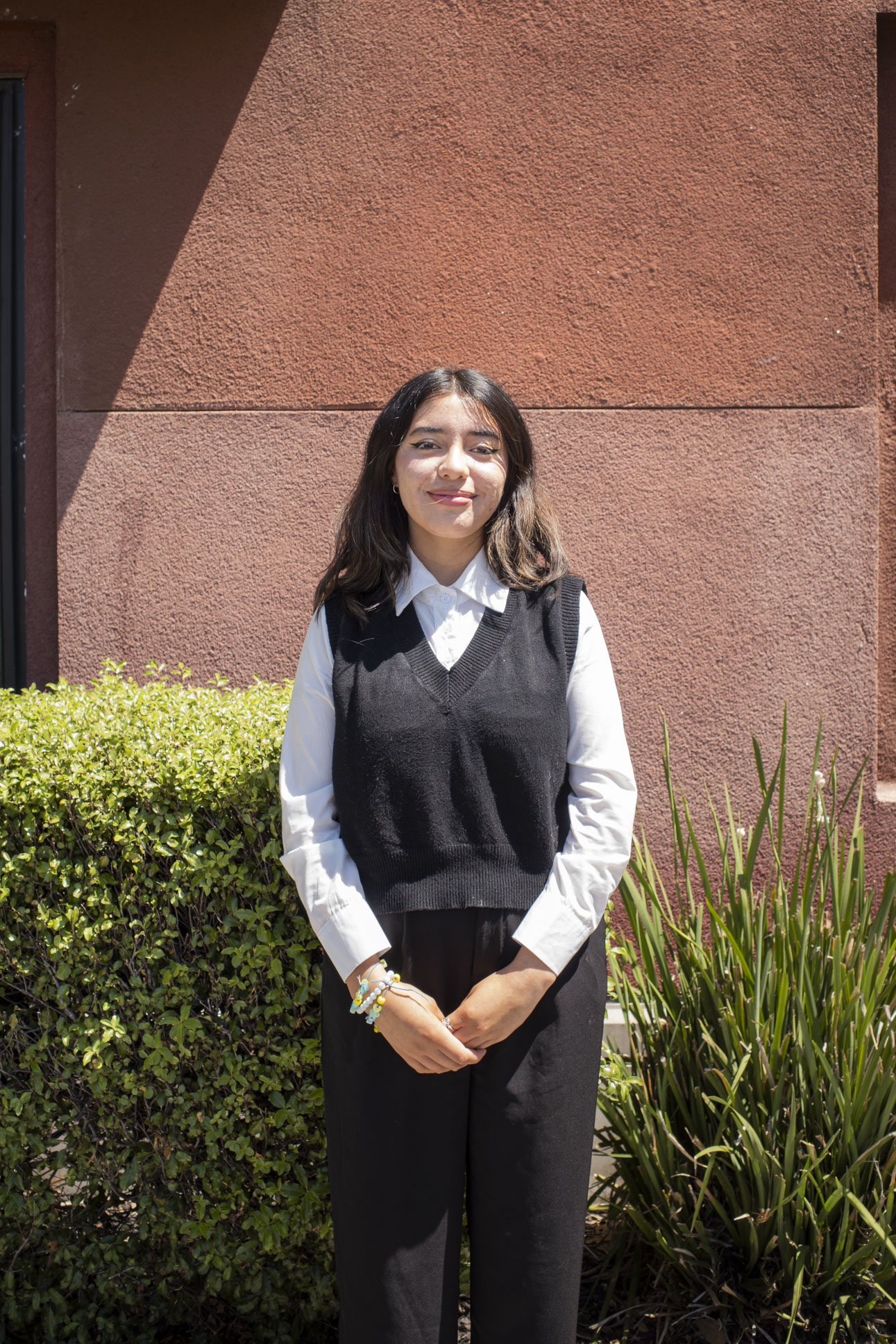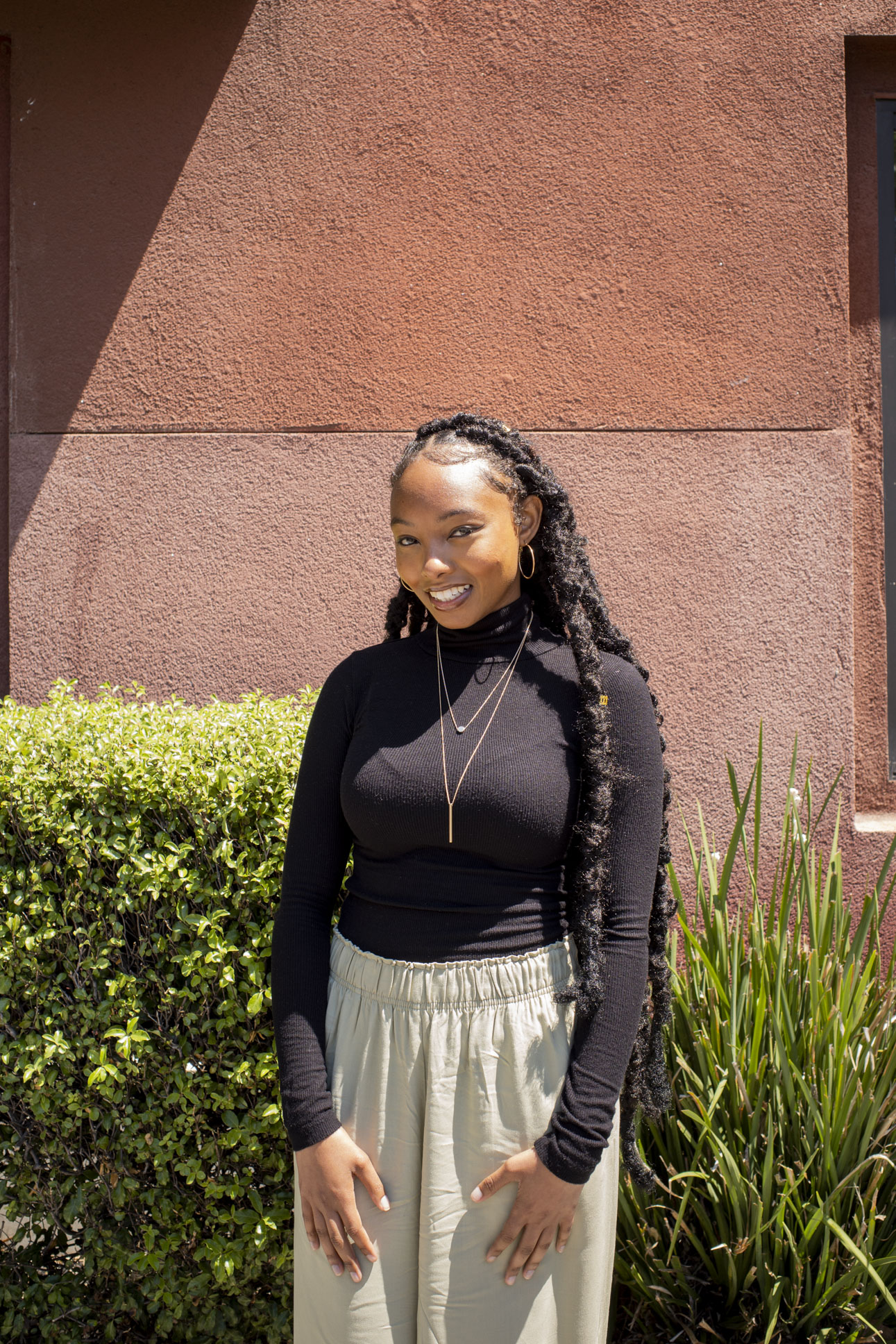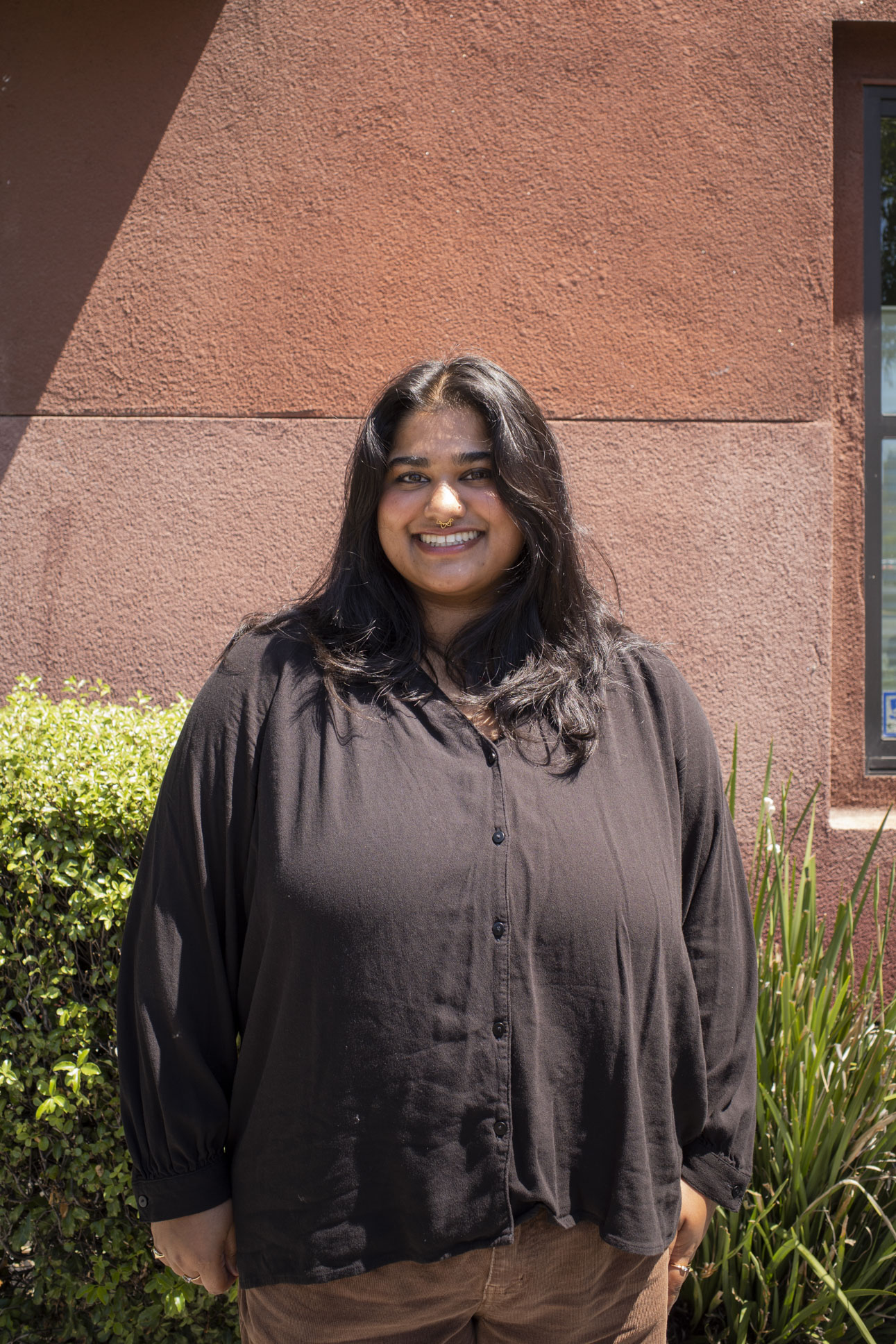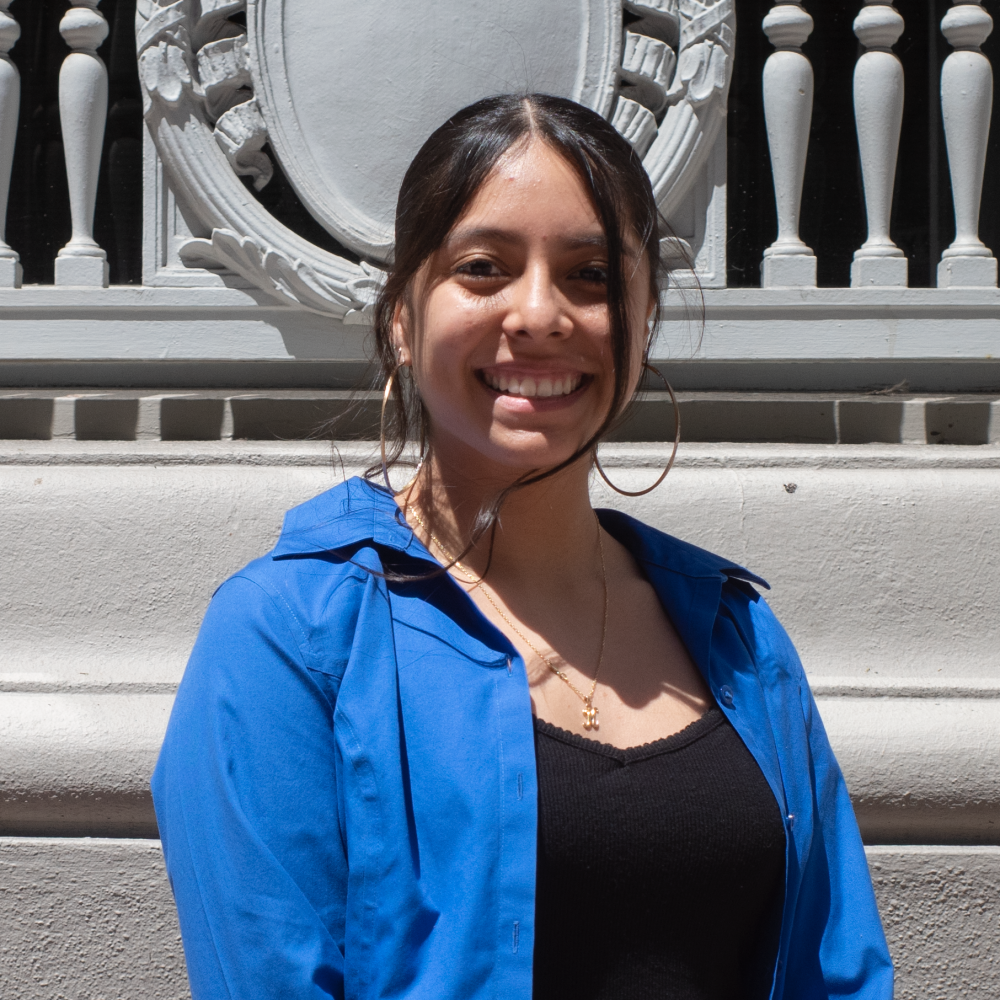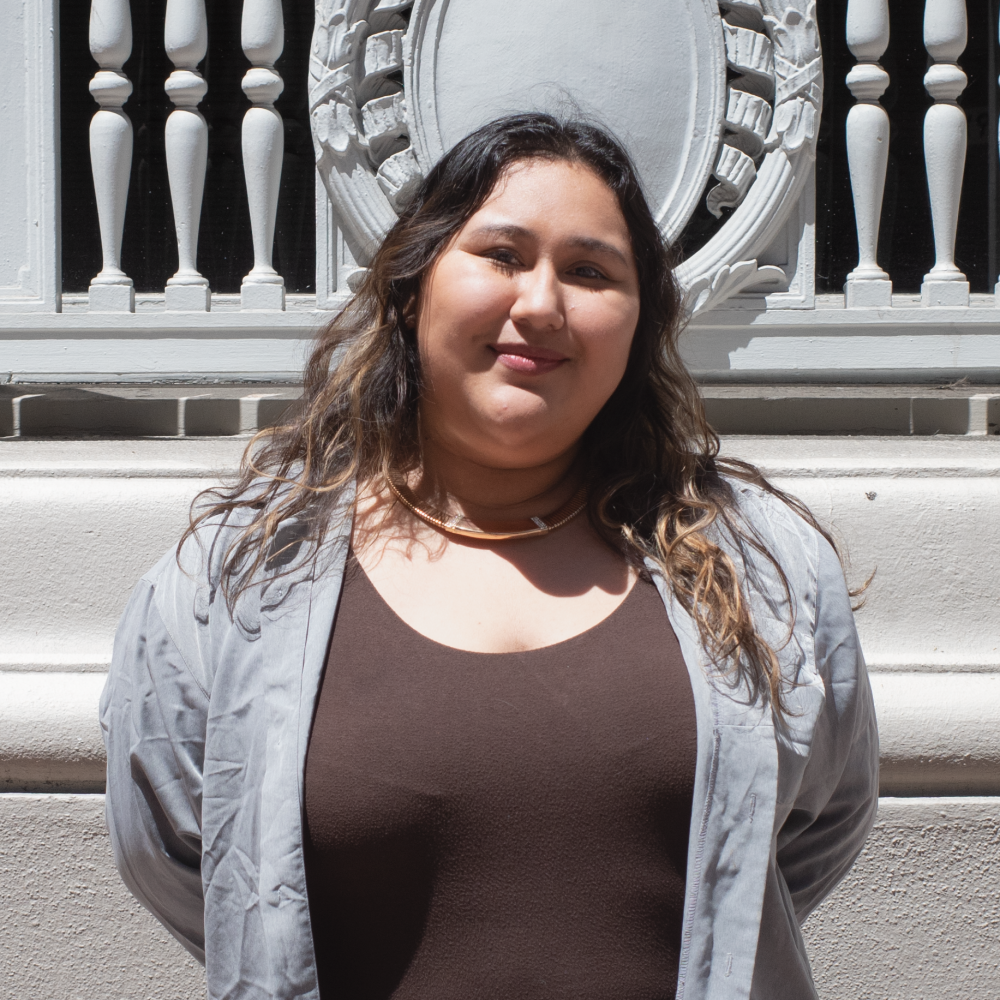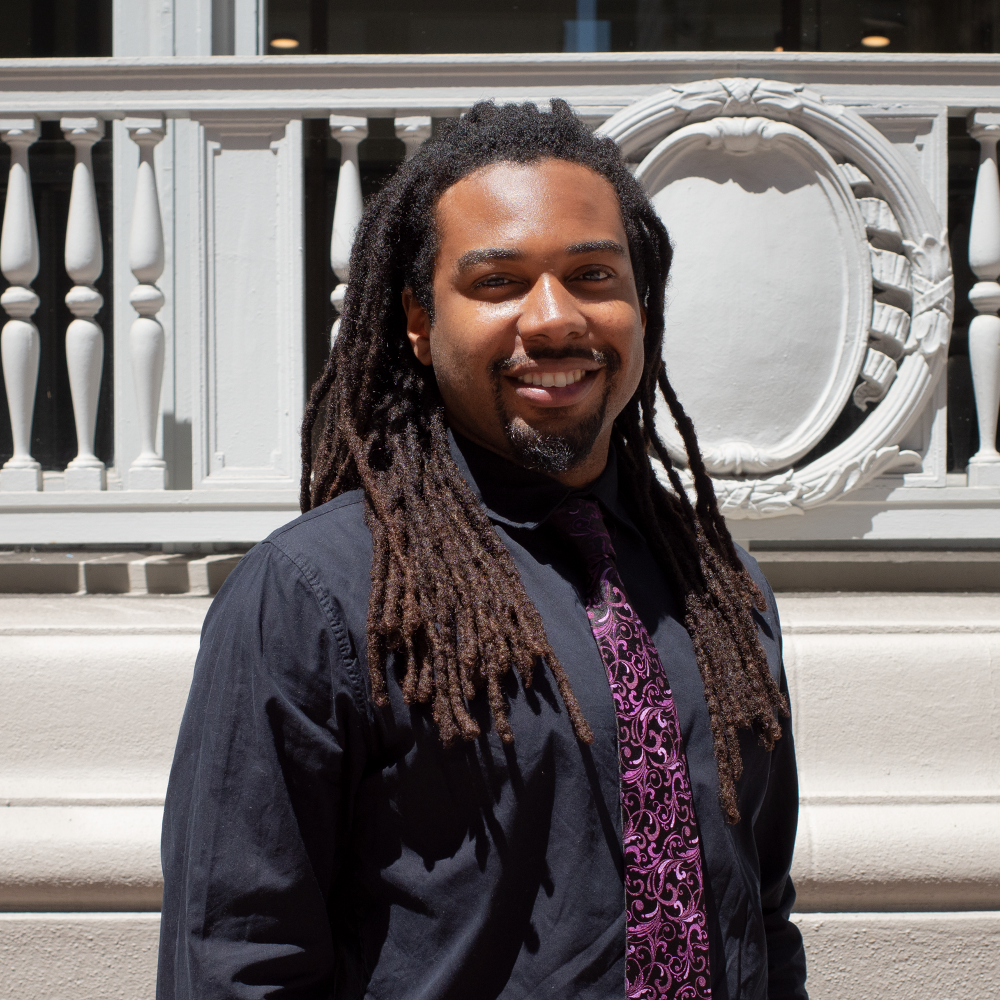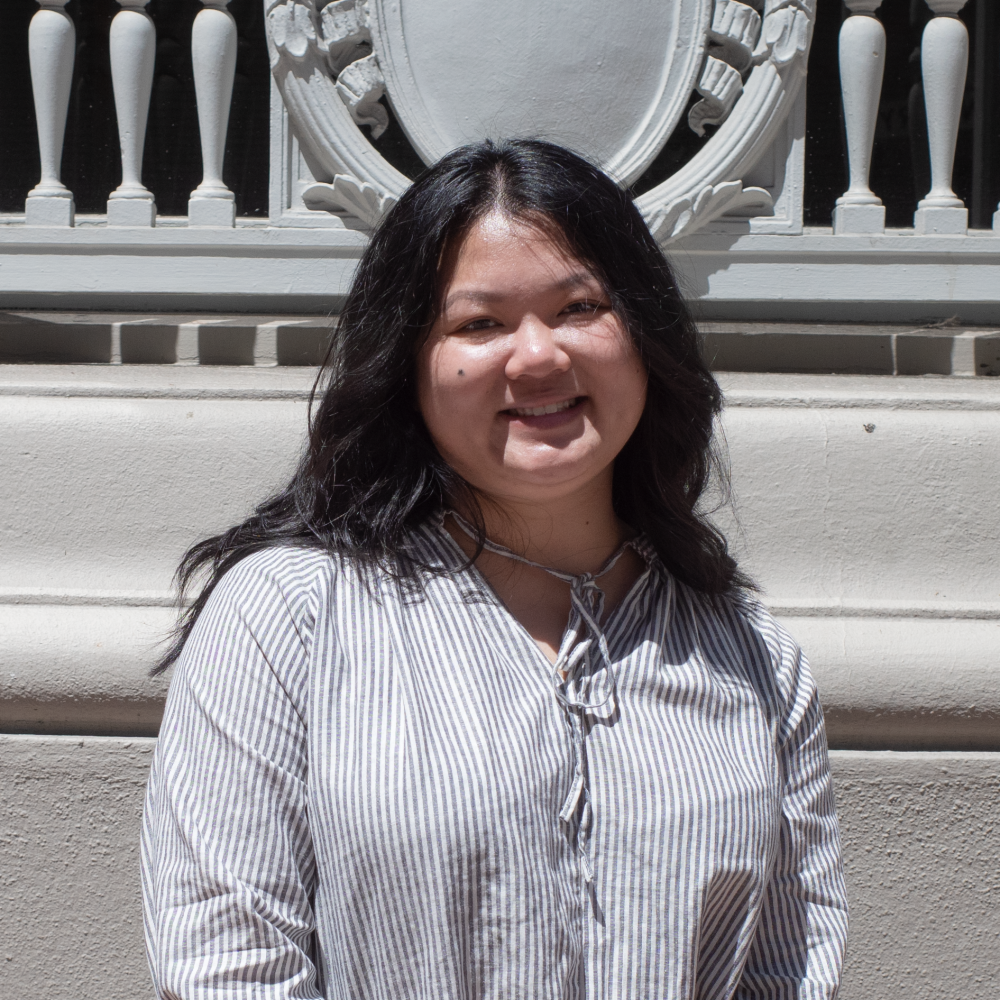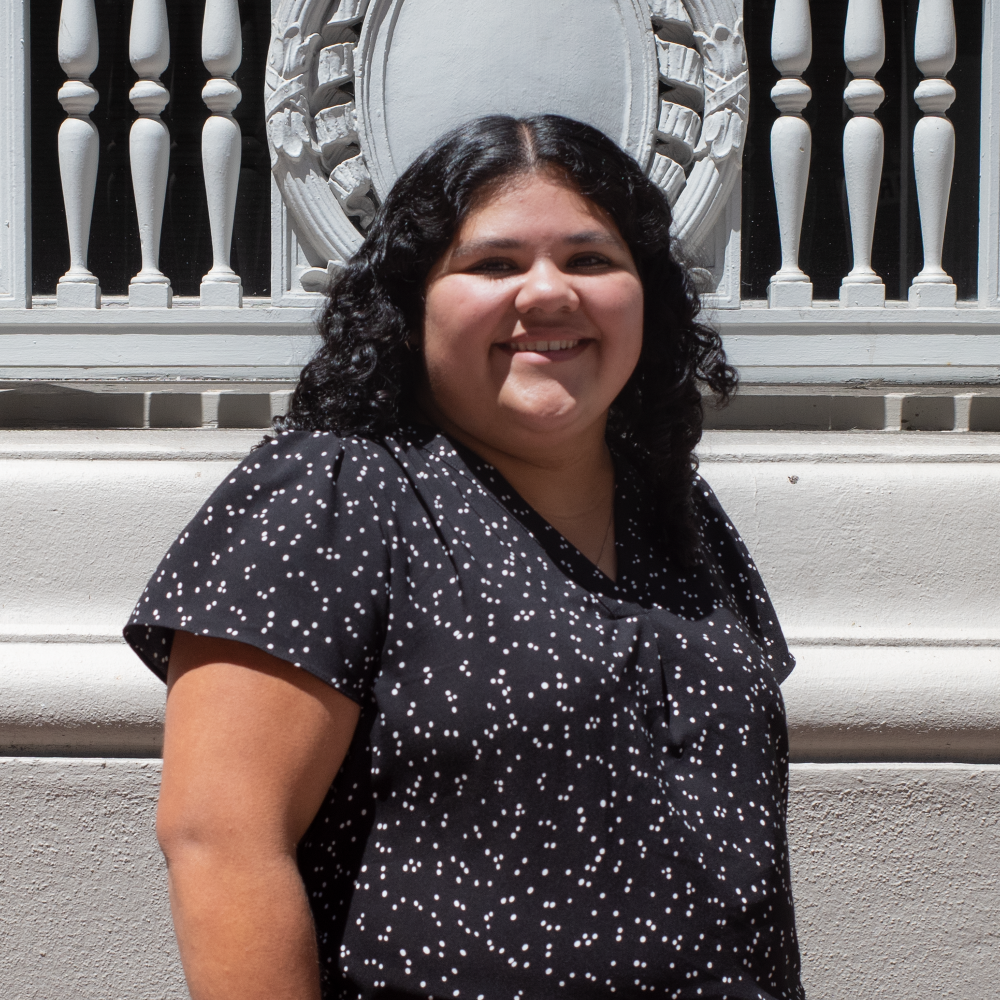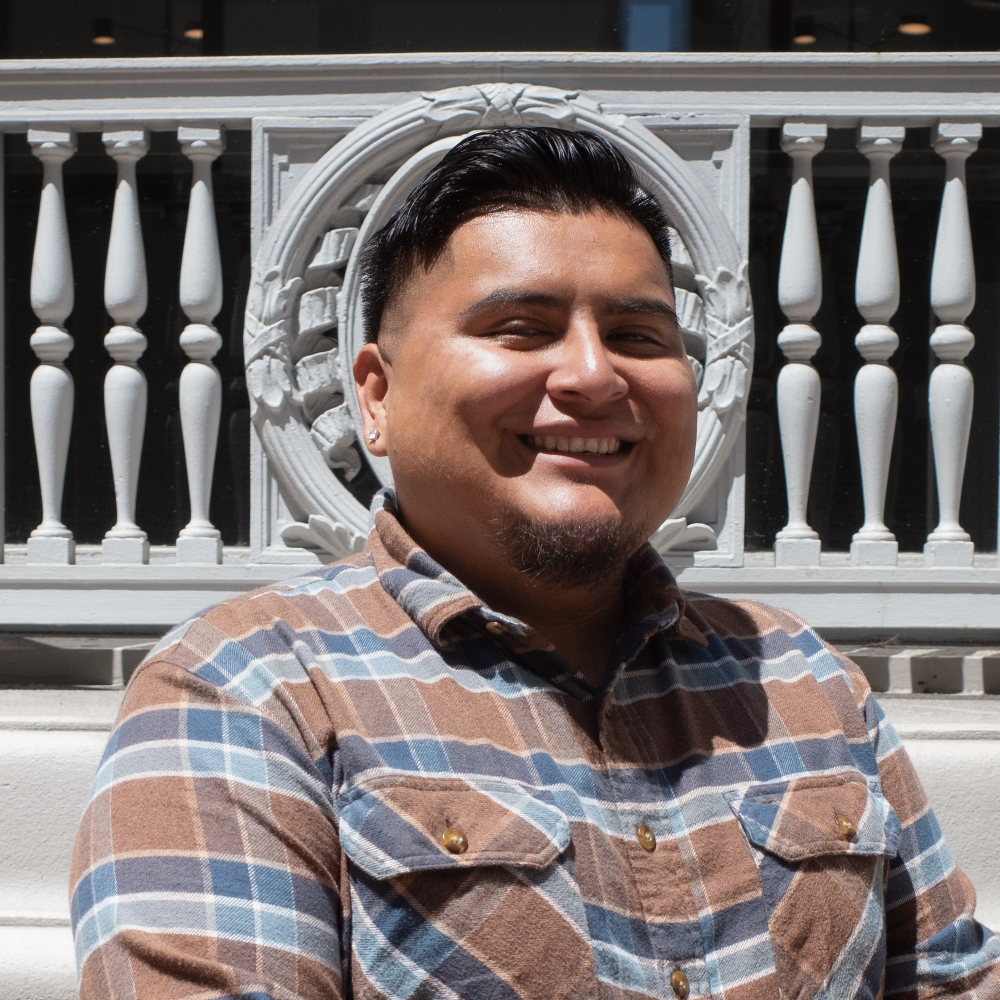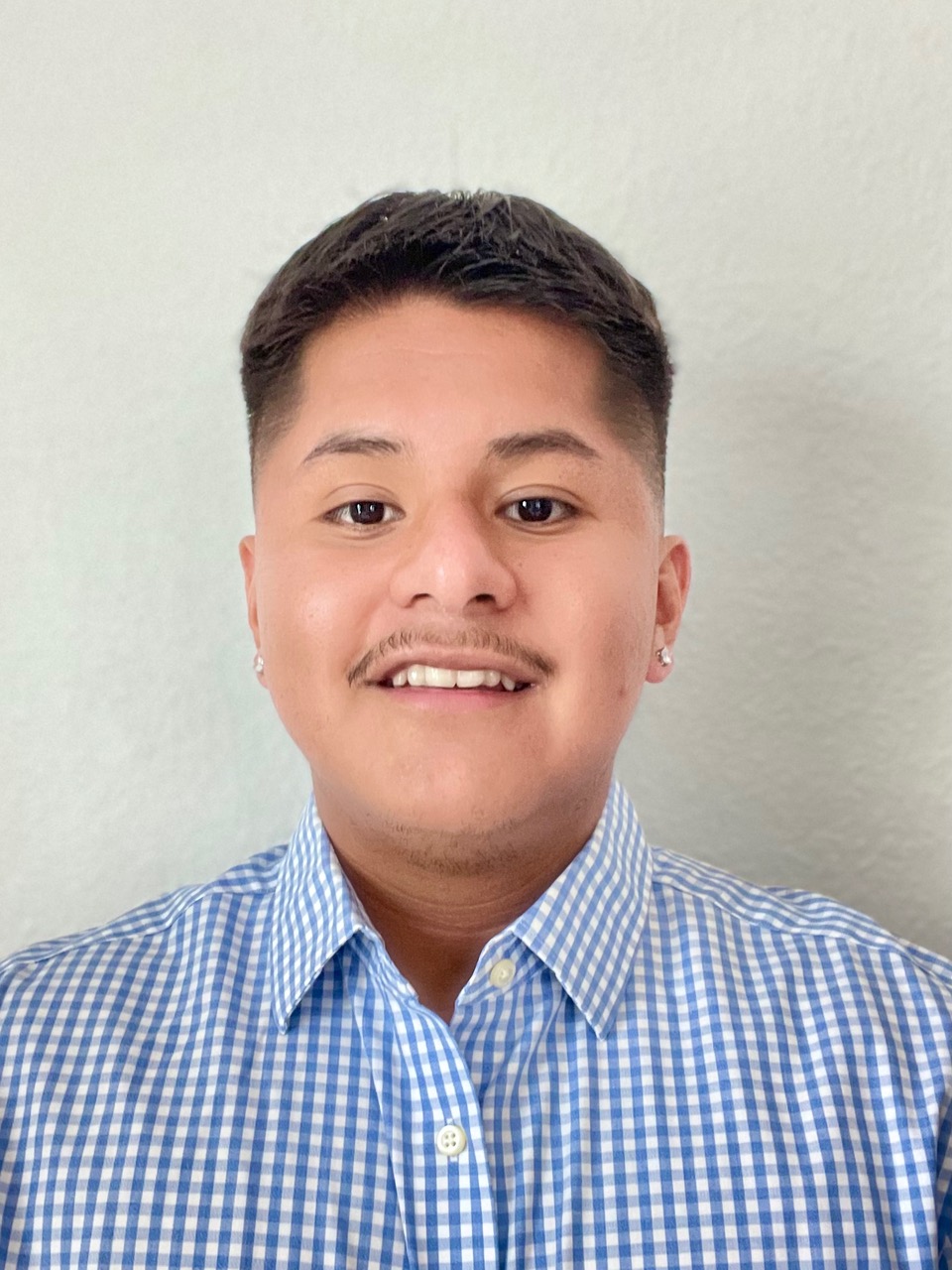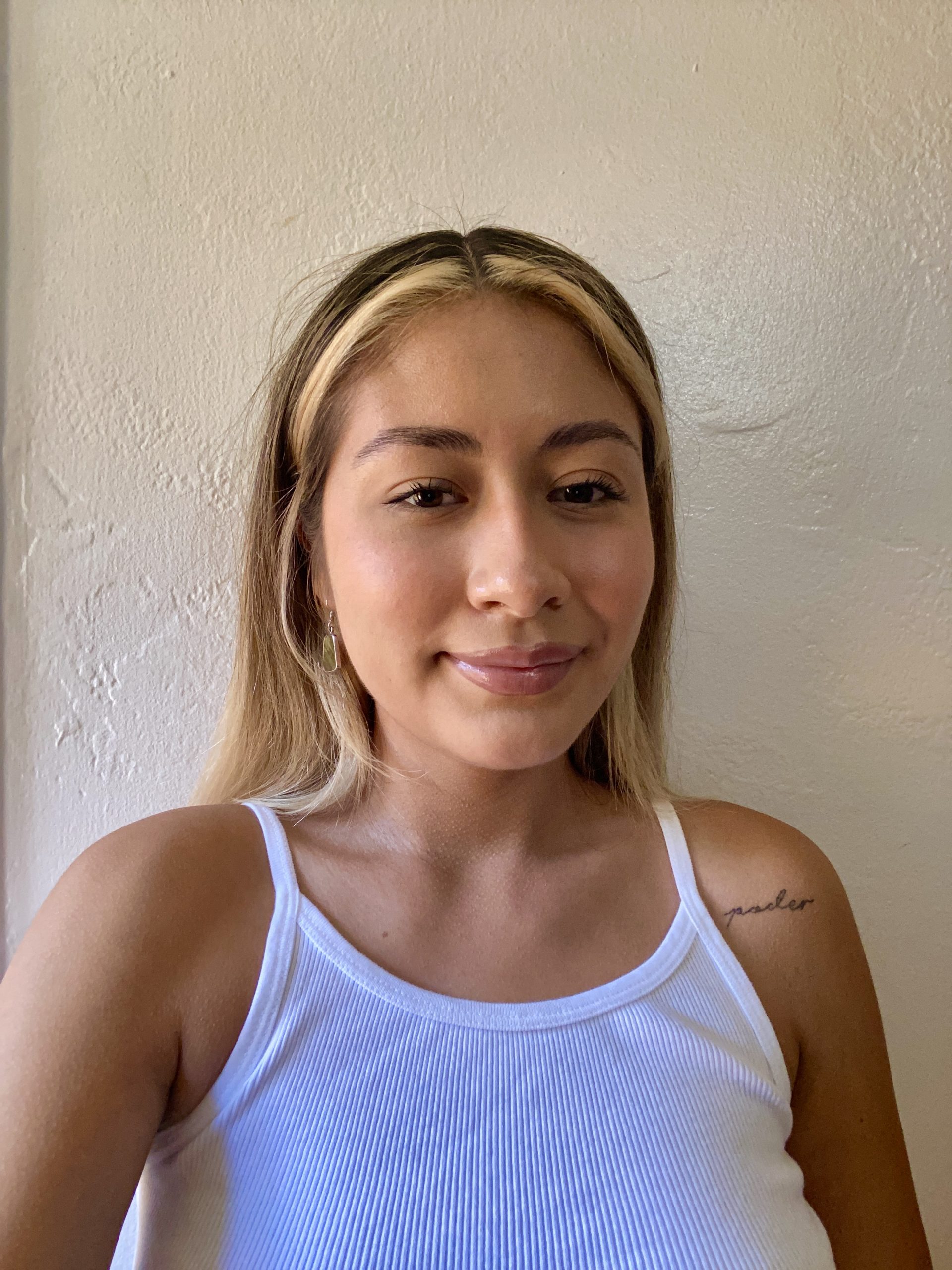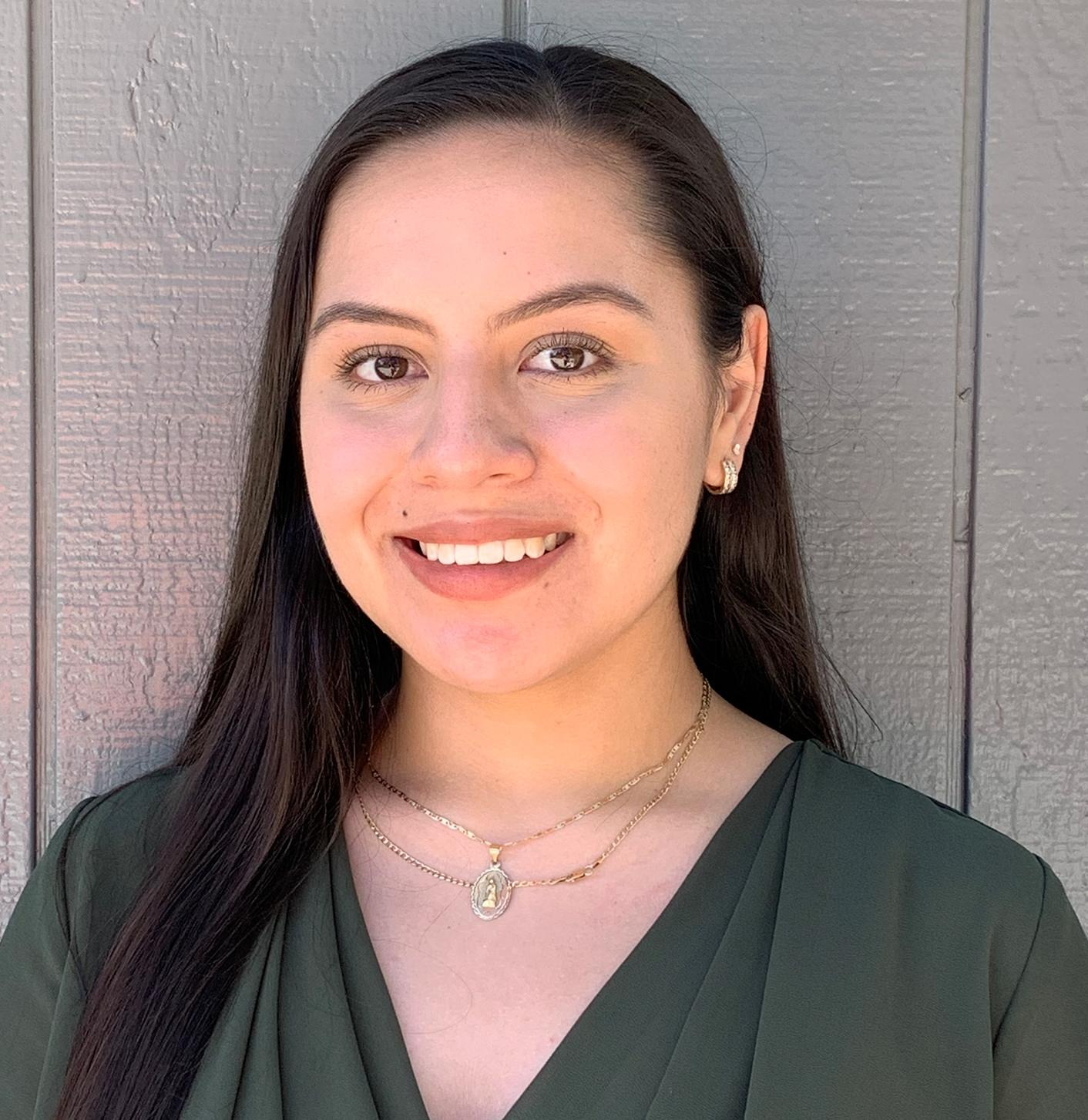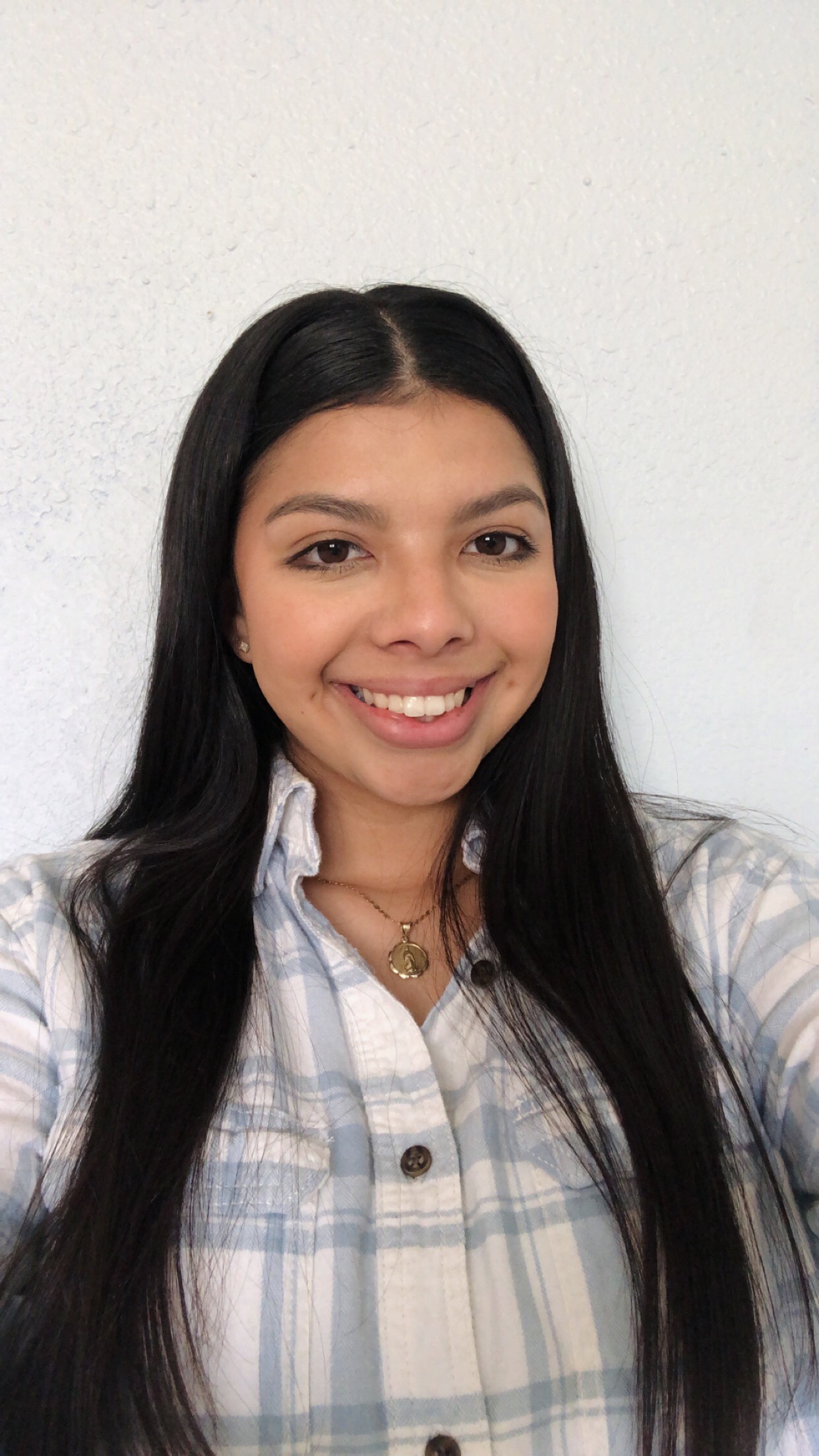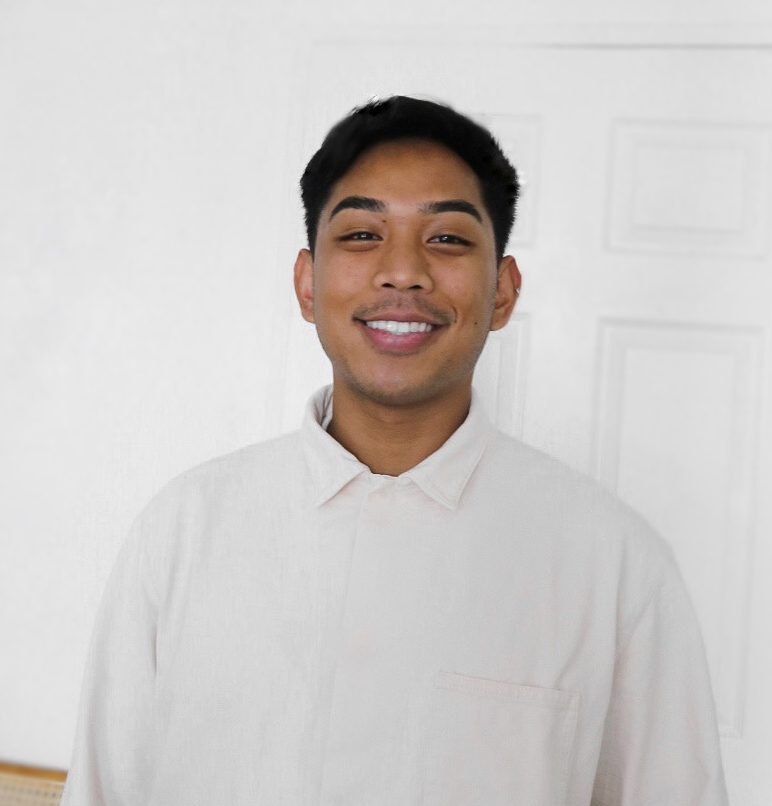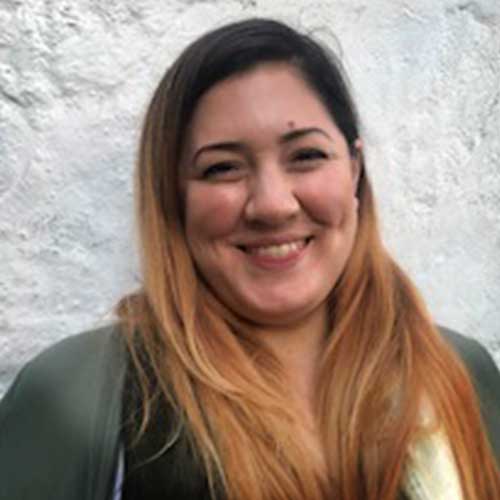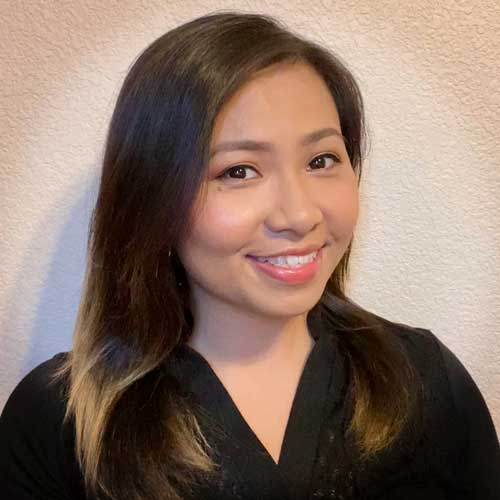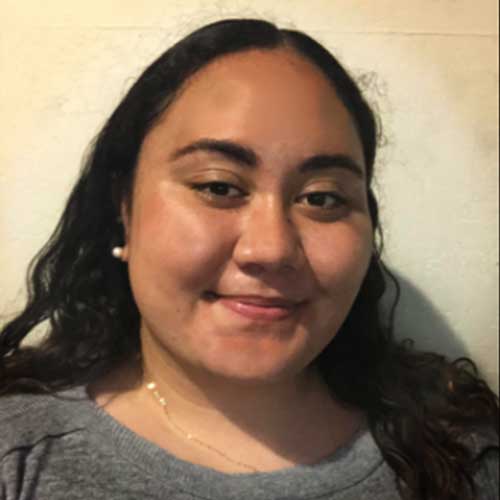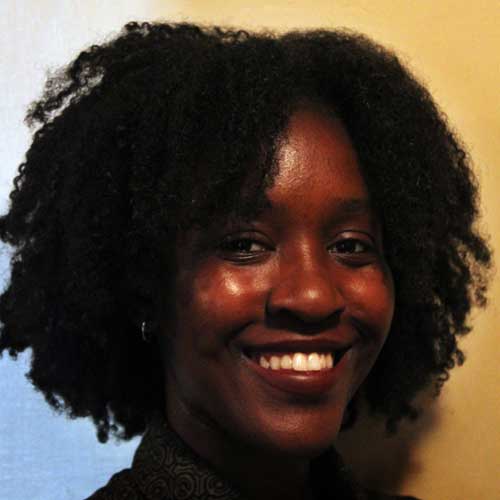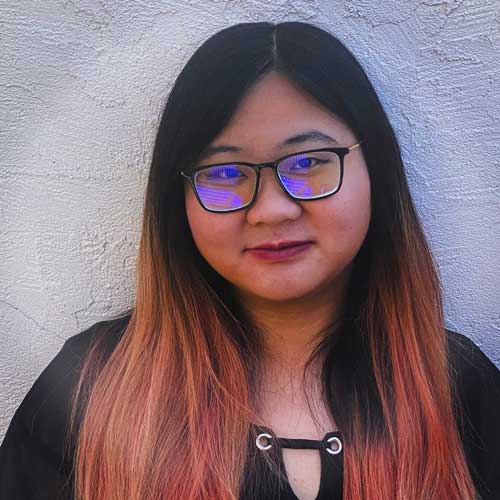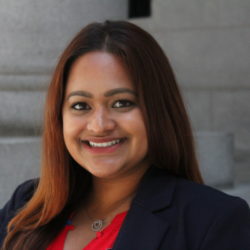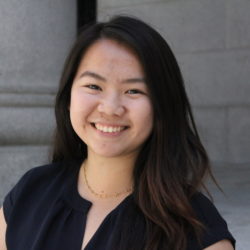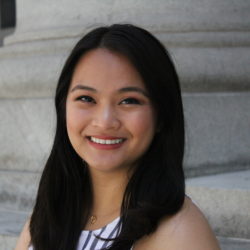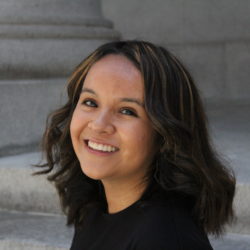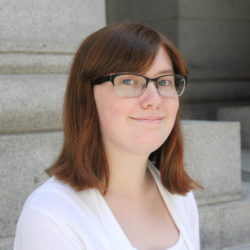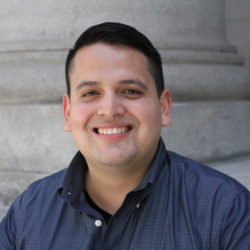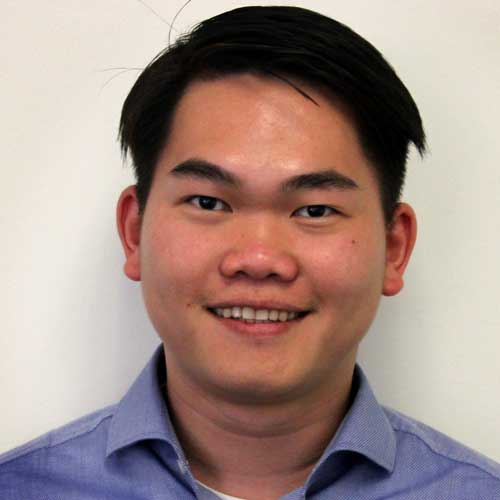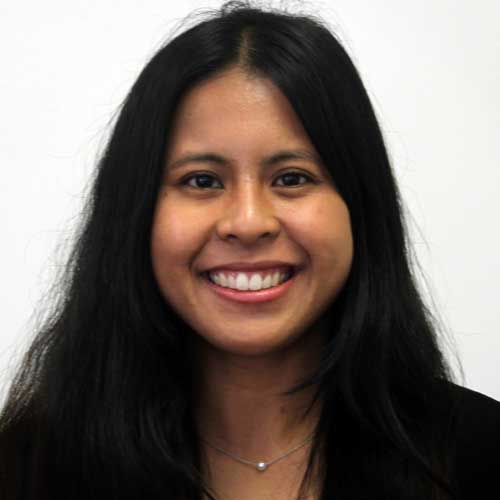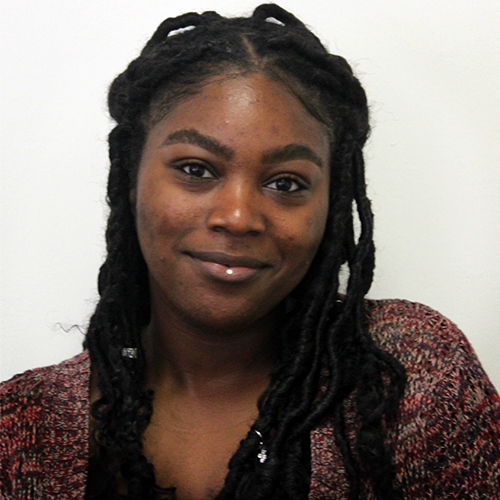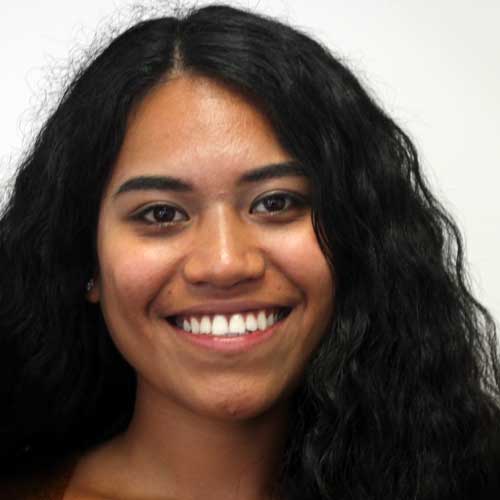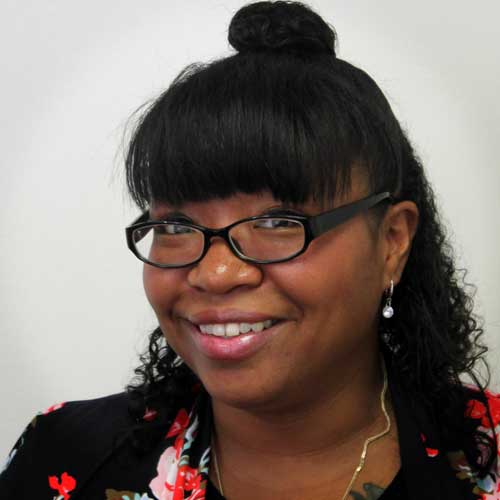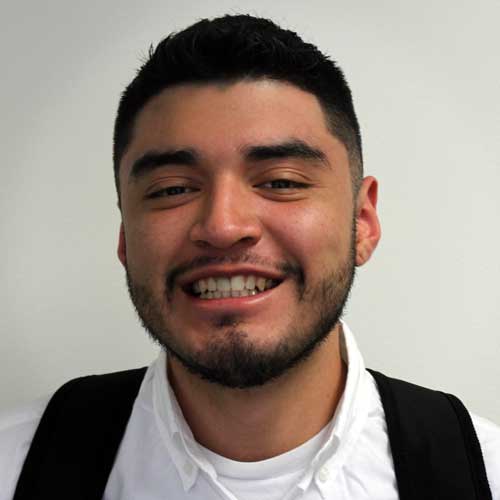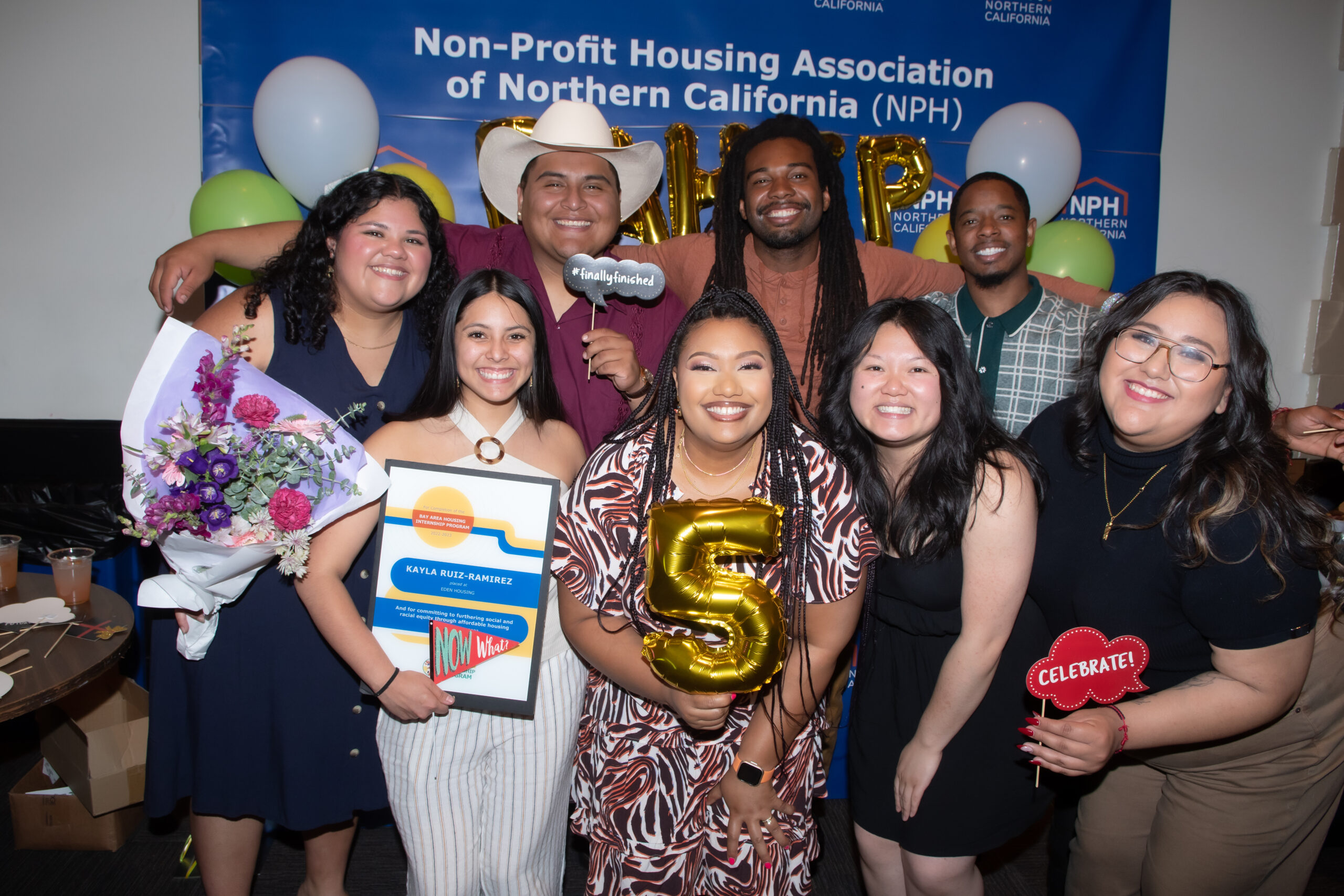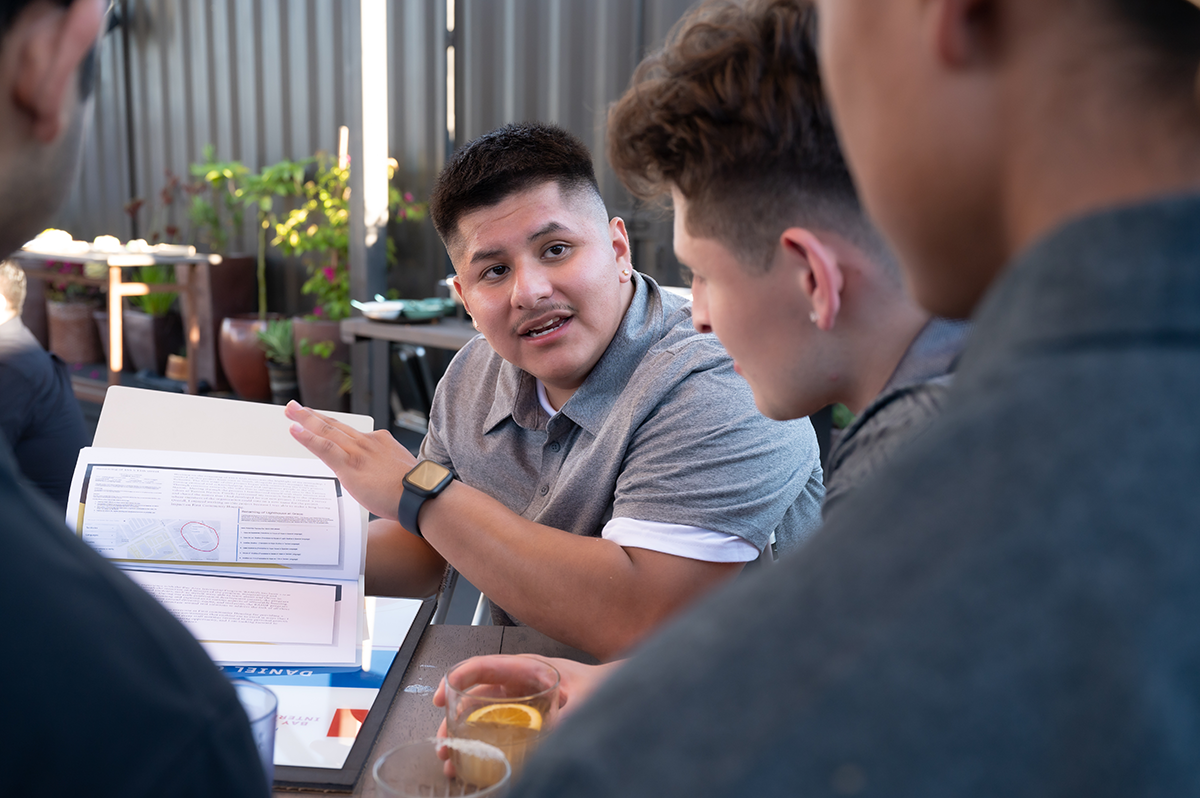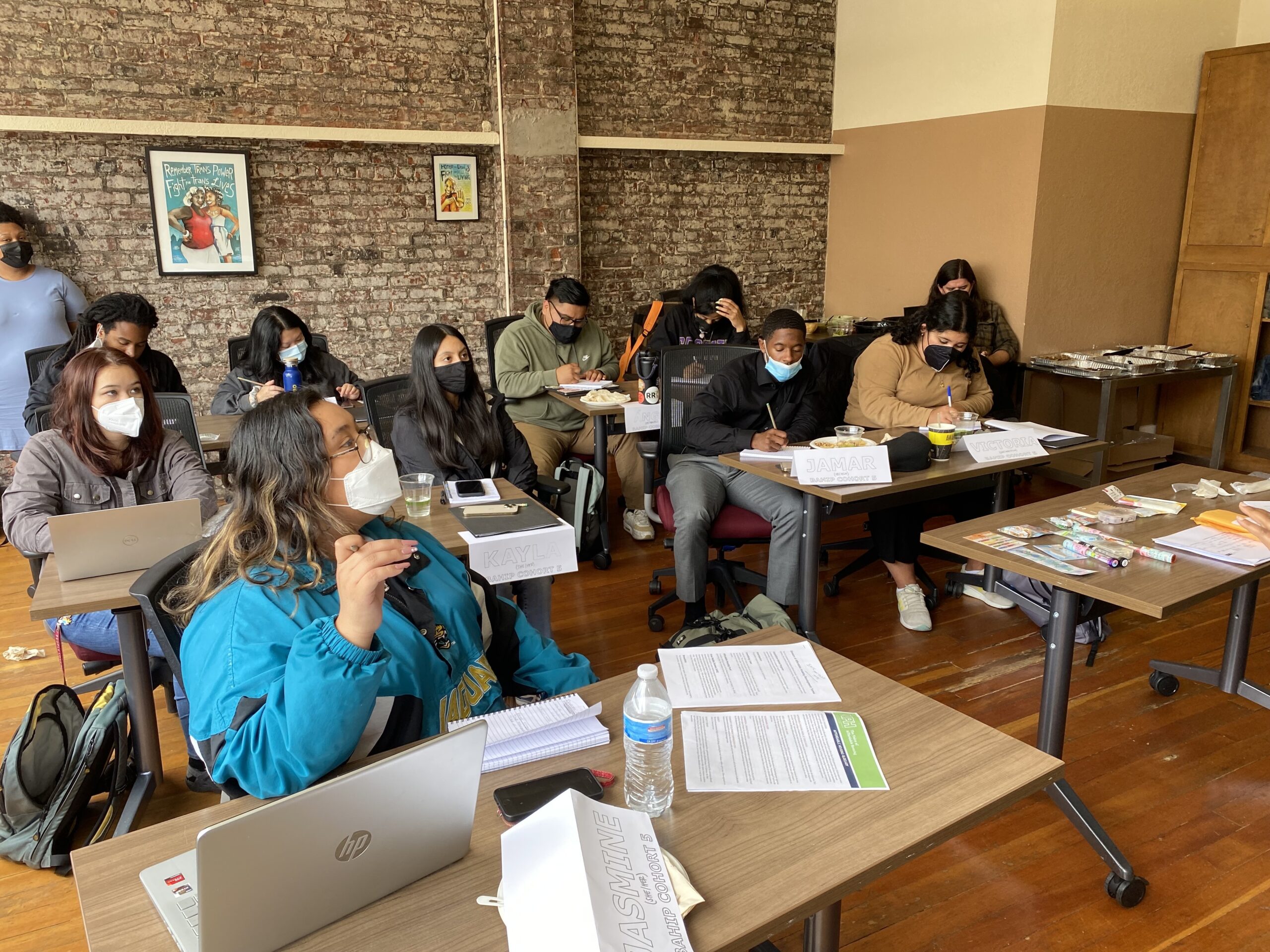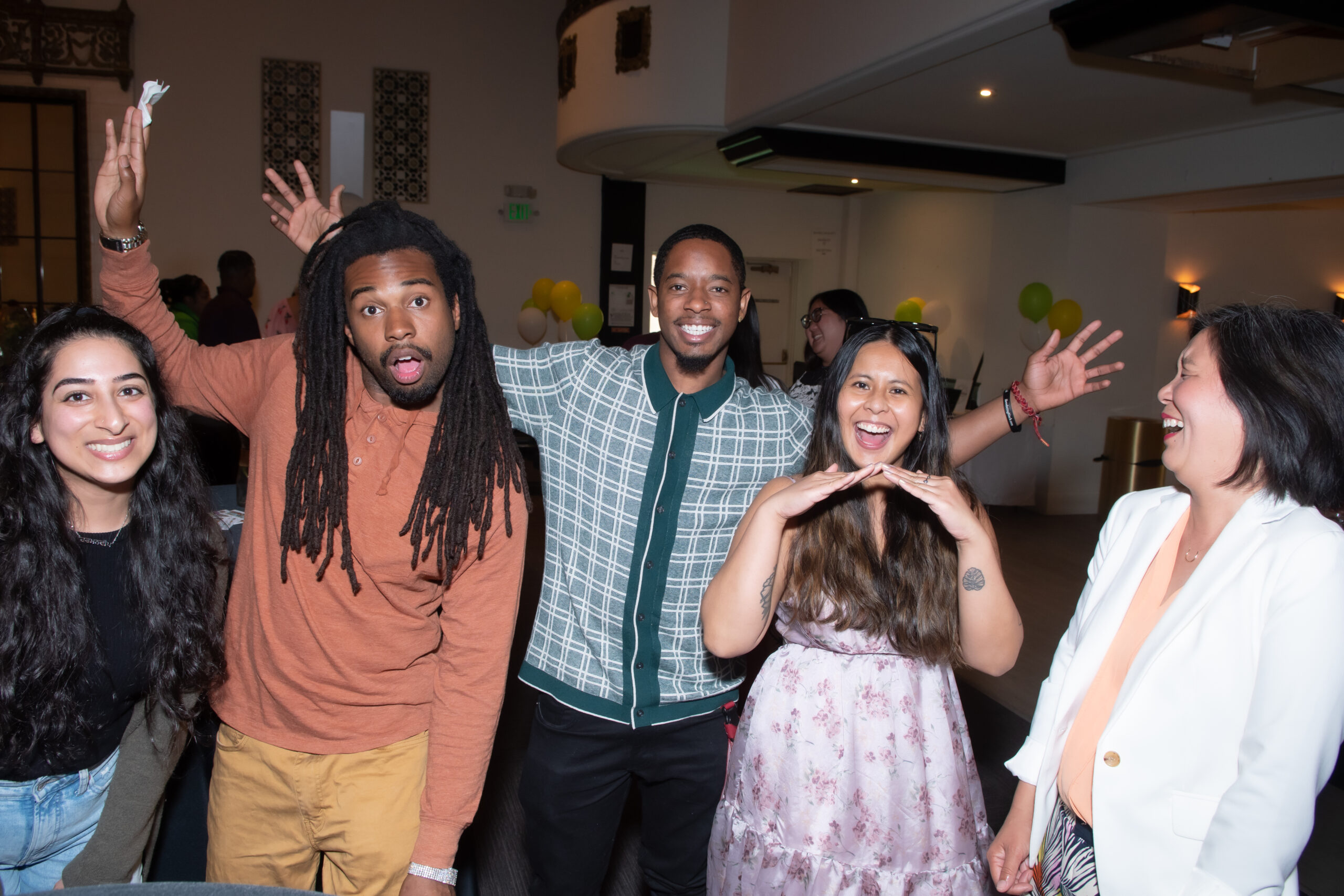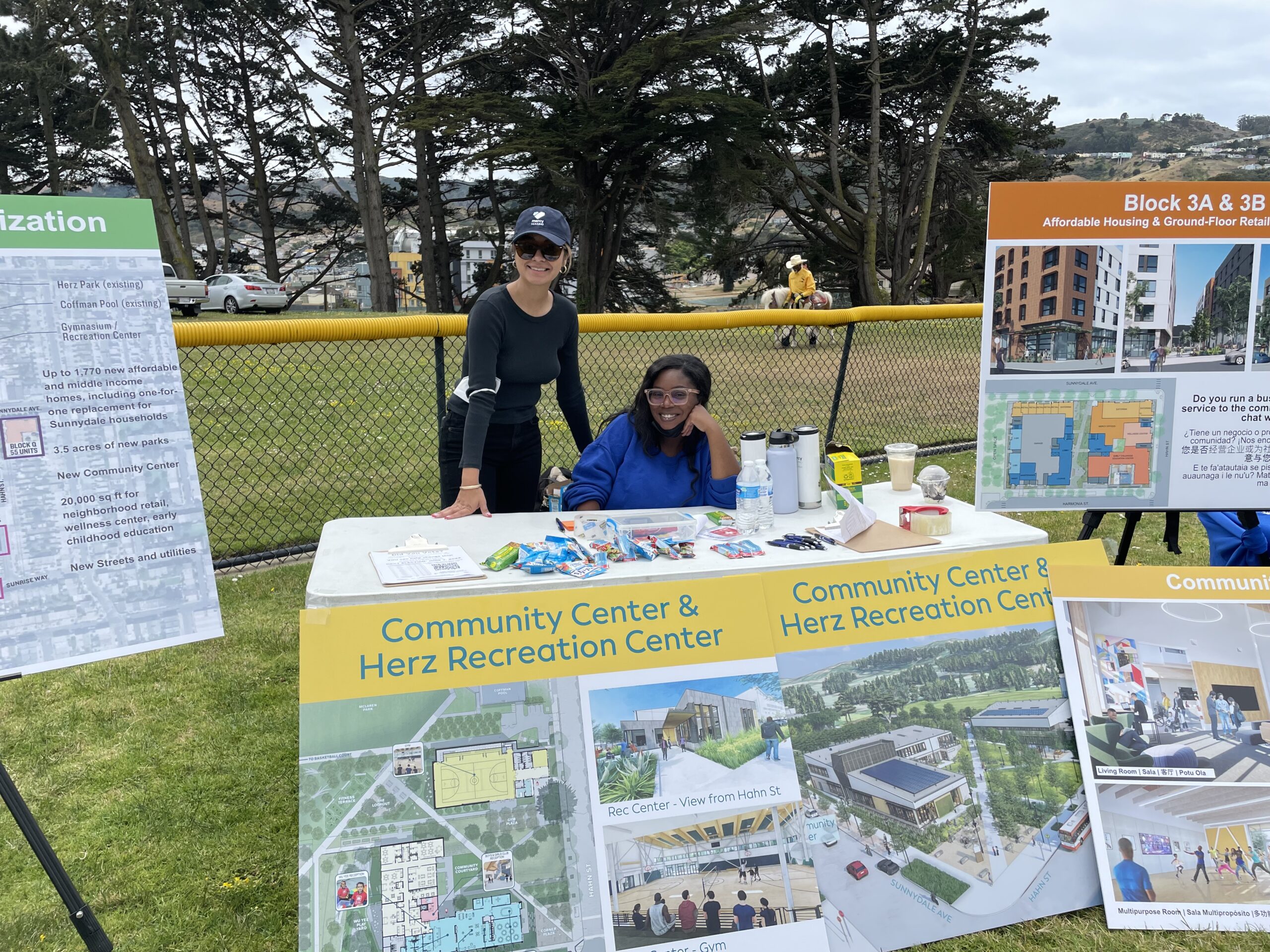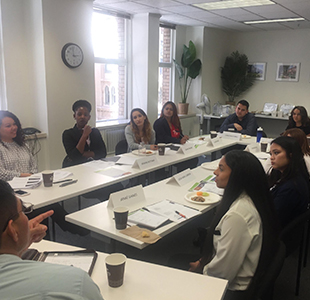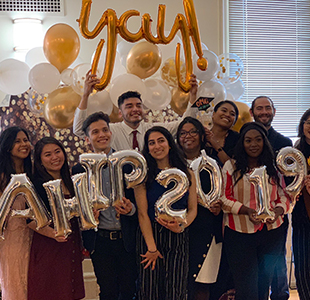Justine You Ching Tsai (she/they) hails from UC Davis, and is fulfilling their 2020-2021 BAHIP internship at Resources for Community Development (RCD).
Their passion for affordable housing development was sparked by realizing that the built environment greatly affects accessibility and equity. In their words:
“Much of the privileges I have are attributed to where I lived, where I had access to good schools, medical care, grocery stores, transportation, and employment. As I furthered my studies, I noticed that not all my classmates had the luxuries I had growing up. Learning about zoning and urban planning revealed the racist and classist underbelly of why and how these disparities exist. Creating good affordable housing is a major component of creating change — it gives historically oppressed and exploited communities a space to fight, grow, work, play, and live their lives. Safe and appropriate housing is a human right and it is a necessary starting point to providing people with equitable futures.”
As a Community Development major at UC Davis, Justine is passionate about working within the community and from the community — particularly in the East/South Bay, where they grew up. BAHIP is also a program designed for diverse students and recent graduates. They were attracted to the BAHIP internship, “because culturally appropriate mentorship is very difficult to find, especially in non-profit spaces.”
Growing up in Fremont, a wealthy Asian-American suburb (with the 3rd highest percentage of Asians in any U.S. city), gave Justine a really unique experience in understanding housing and community:
Despite not being White, my community benefited adjacently from redlining, racial covenants, and economic privileges that have historically been given to white people. However, a singular understanding of Fremont and much of the South Bay erases the existence of working class Asian-Americans, as well as discriminatory housing laws that continue to hurt this community in the name of whiteness. I have a unique understanding of how race and class intersect and how it affects and are affected by our built environments. I believe this offers a perspective that centers on racial equity when advocating for and developing affordable housing.
Justine is most excited about “supporting the most vulnerable community members — because they have a right to be in these spaces too. I’m excited to start this work and meet people who are dedicated to their communities as much as I am.” And, they’re also eager to get comfortable working with numbers and learning decision-making processes in the industry.
Upon conclusion of their internship, Justine looks forward to understanding how affordable housing developments work and aligning with the right role in this field — whether it be project management, finance, resident services, or city planning. Success to Justine is both an inside and outside job, to understand “myself and the role I have in creating equity and justice. Ideally, this would lead to a full time job in the field or a decision to apply to graduate school to further my education in this field.”
